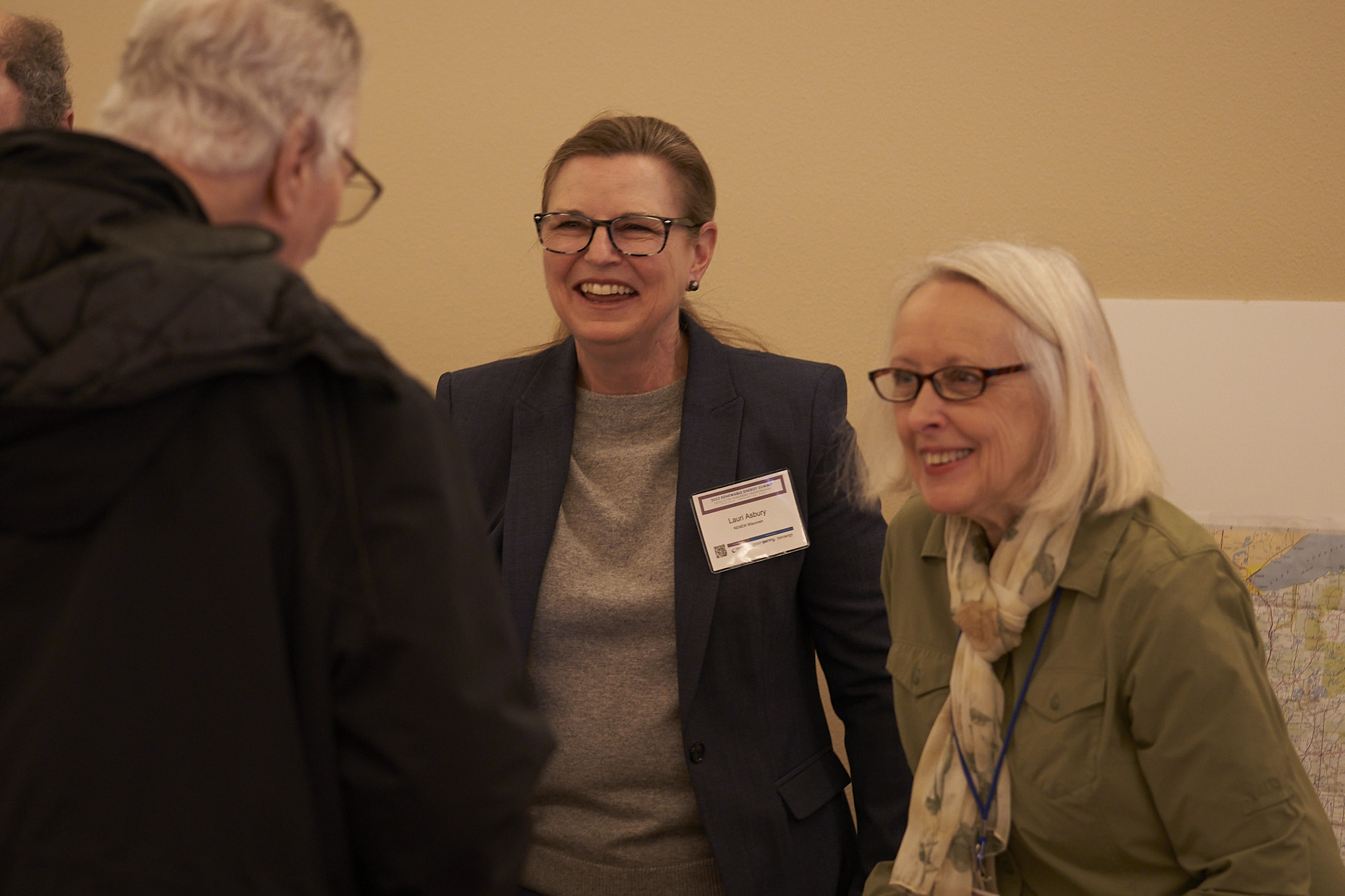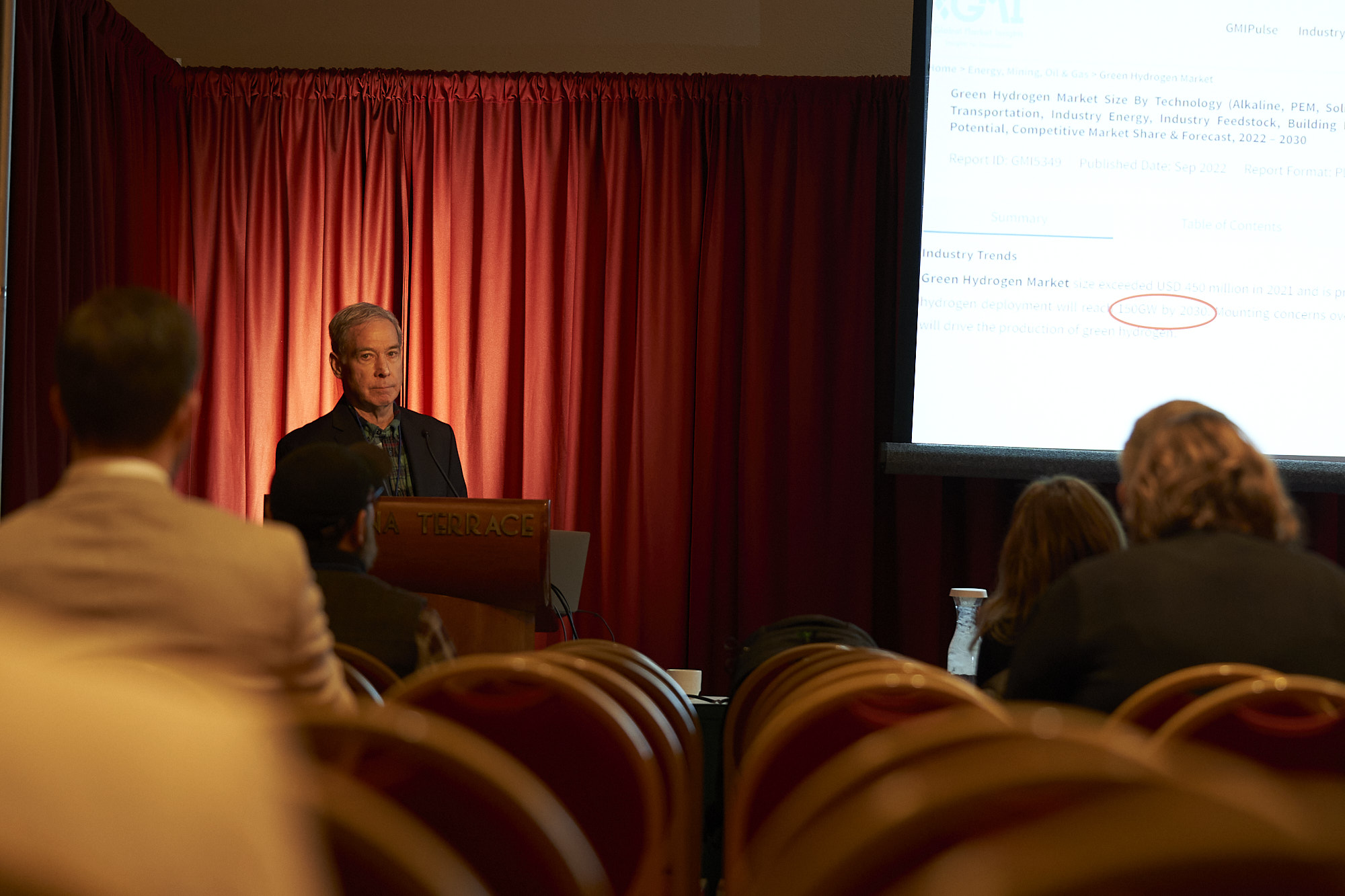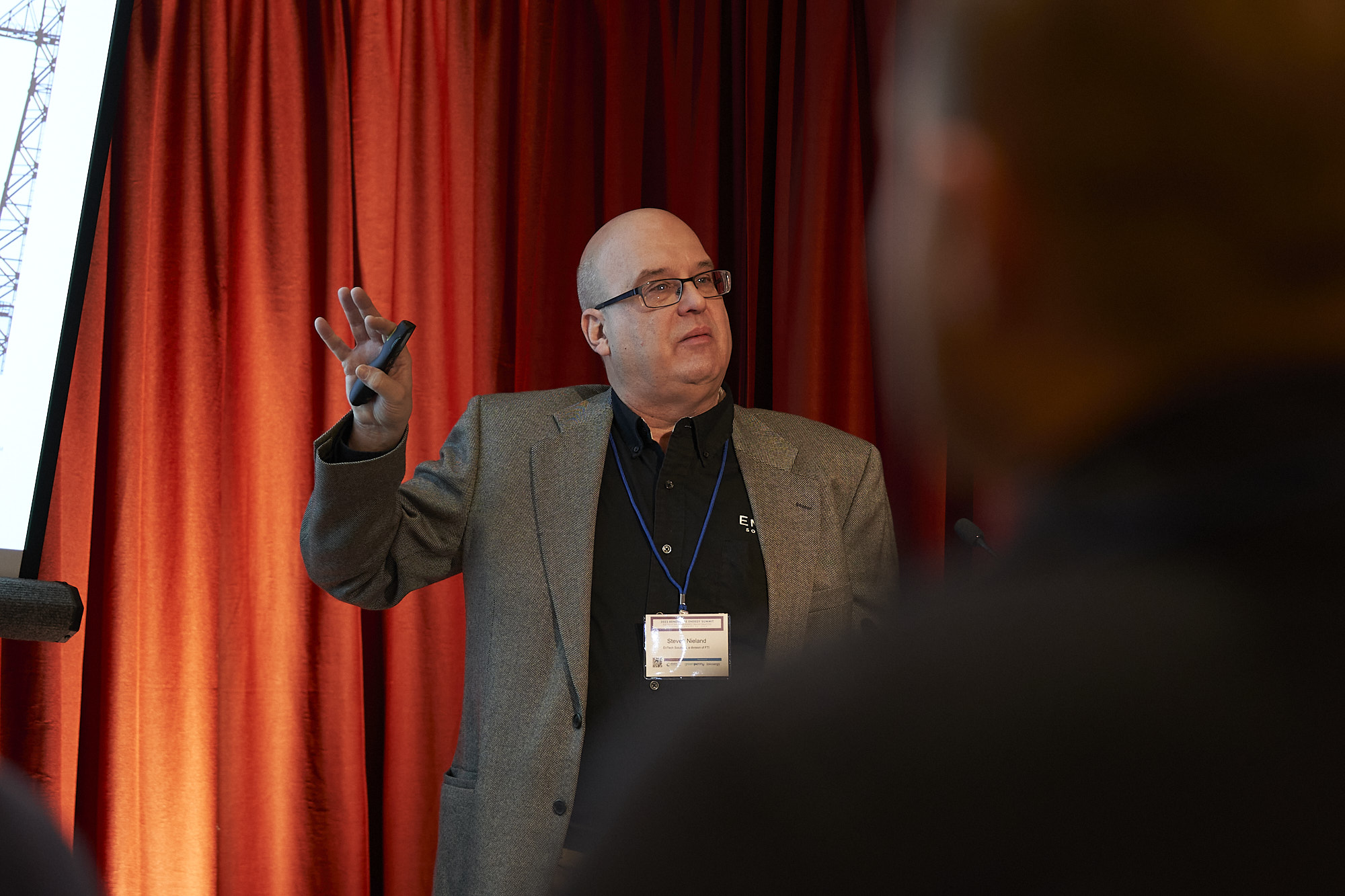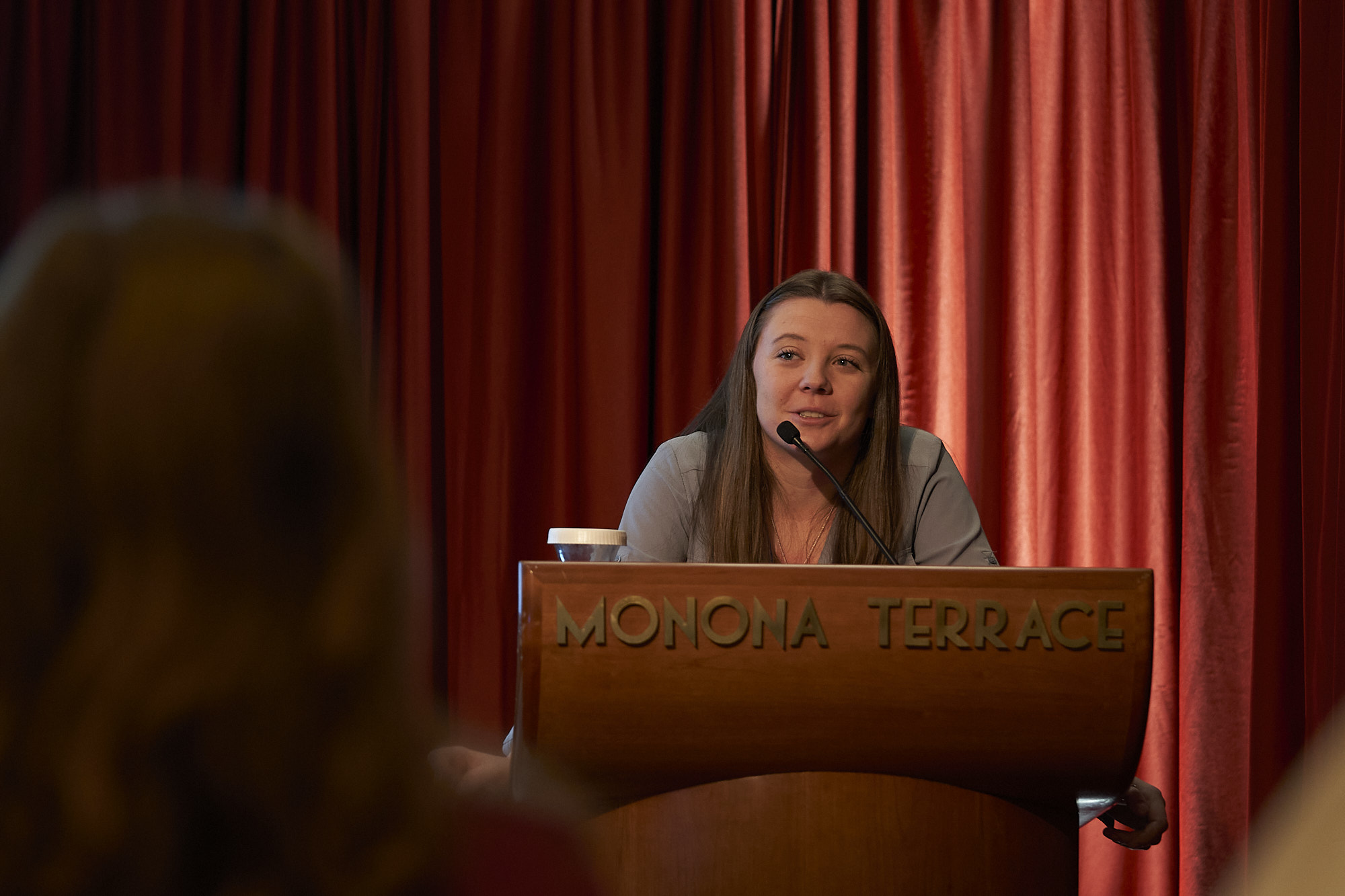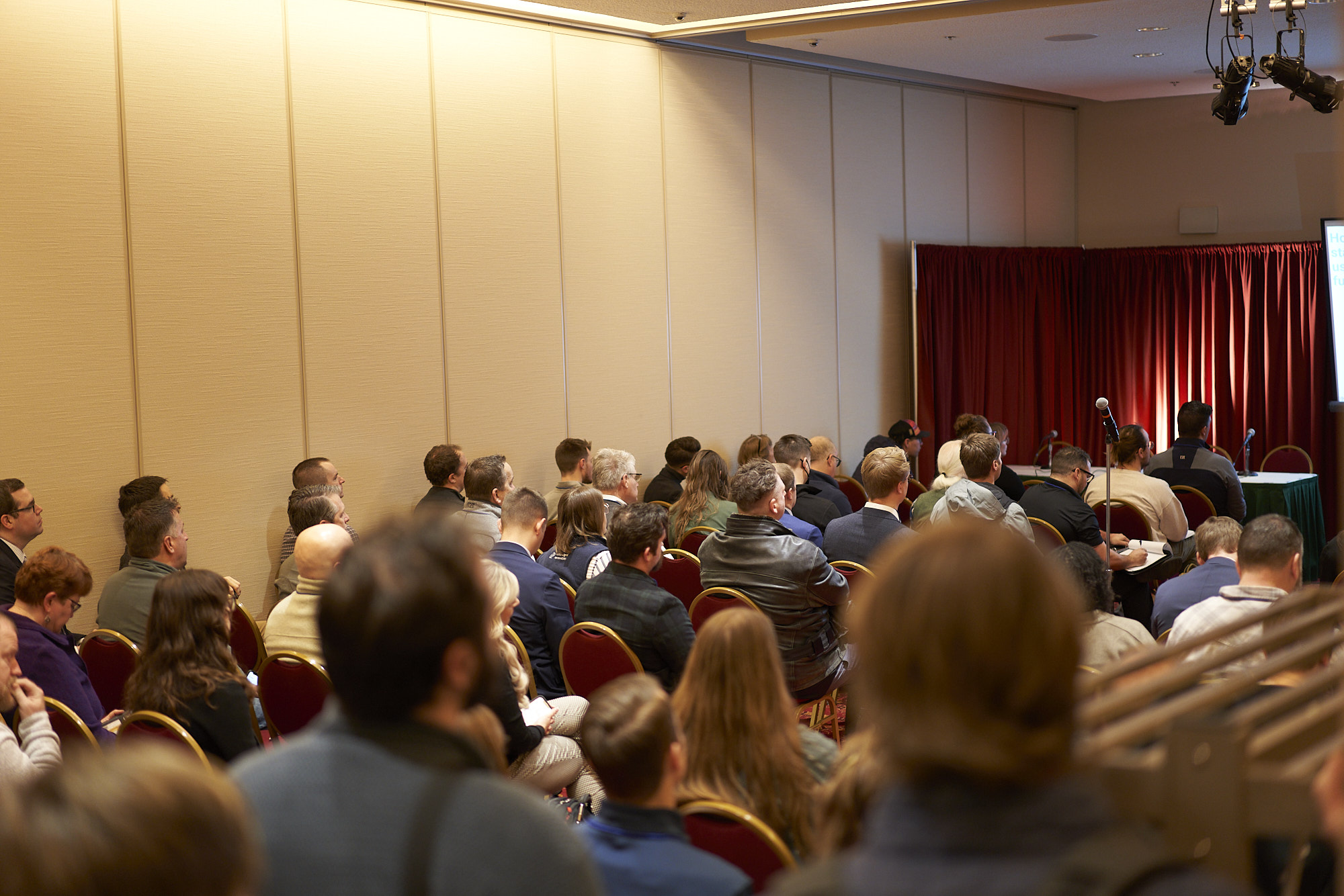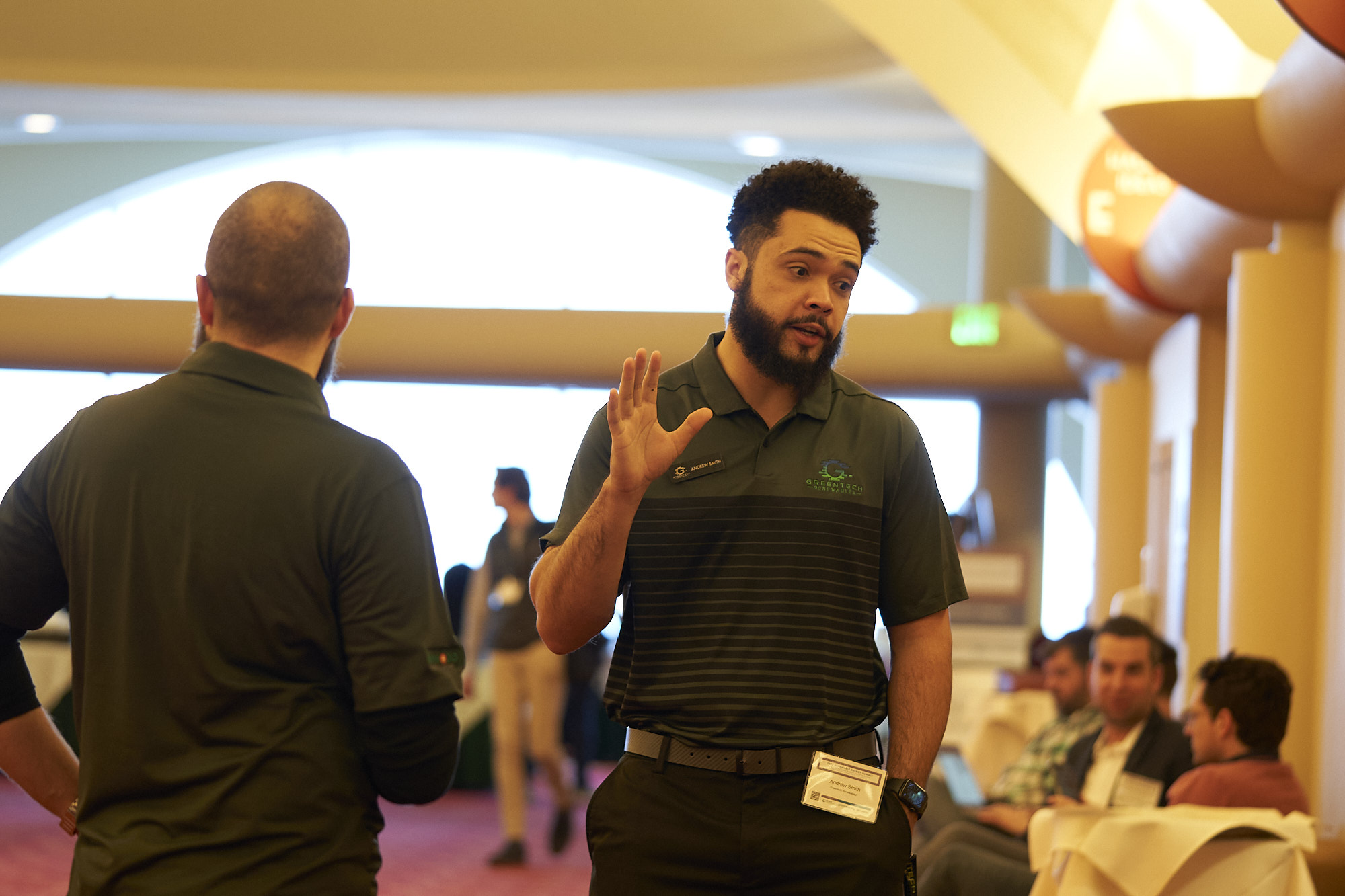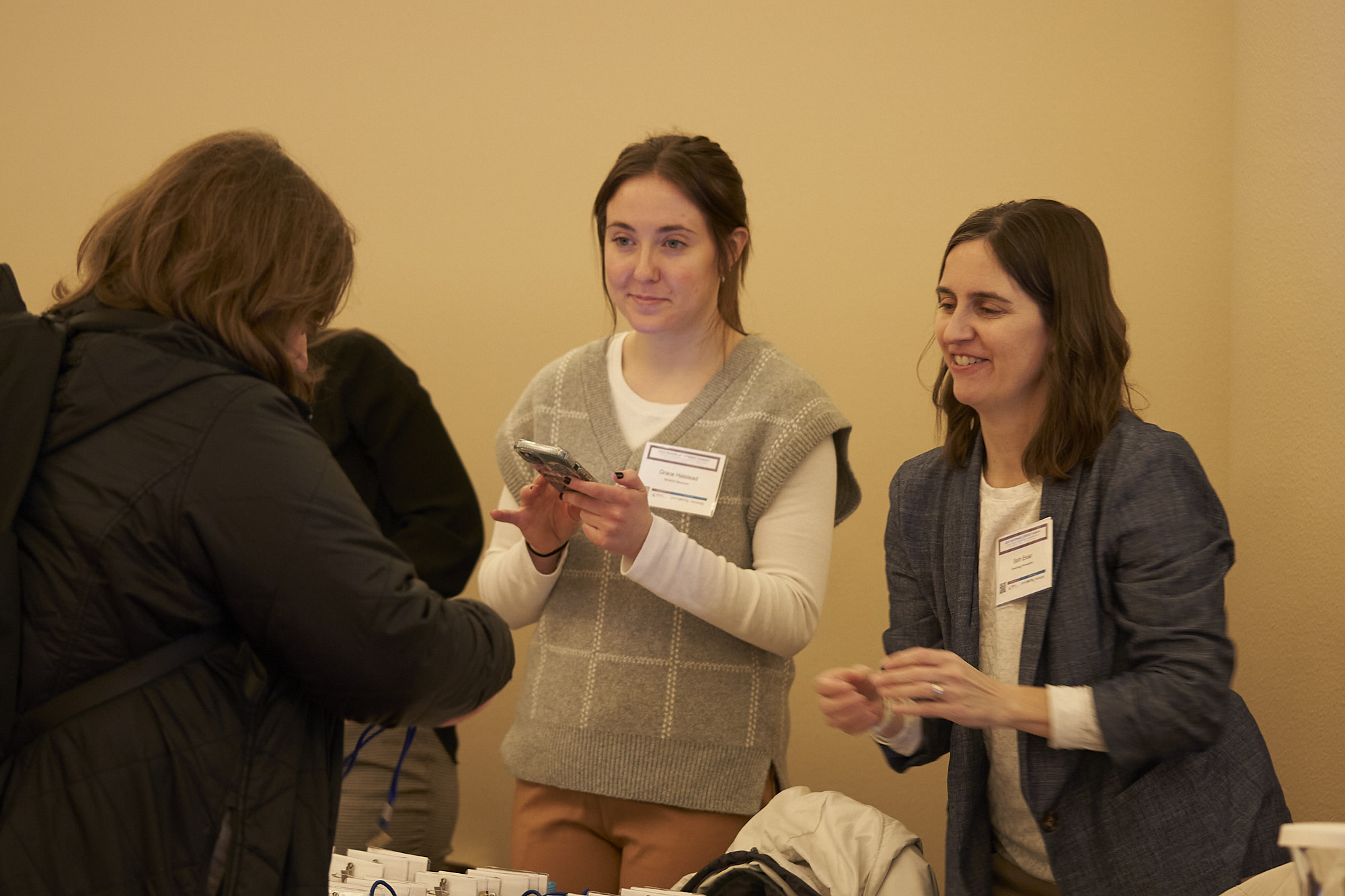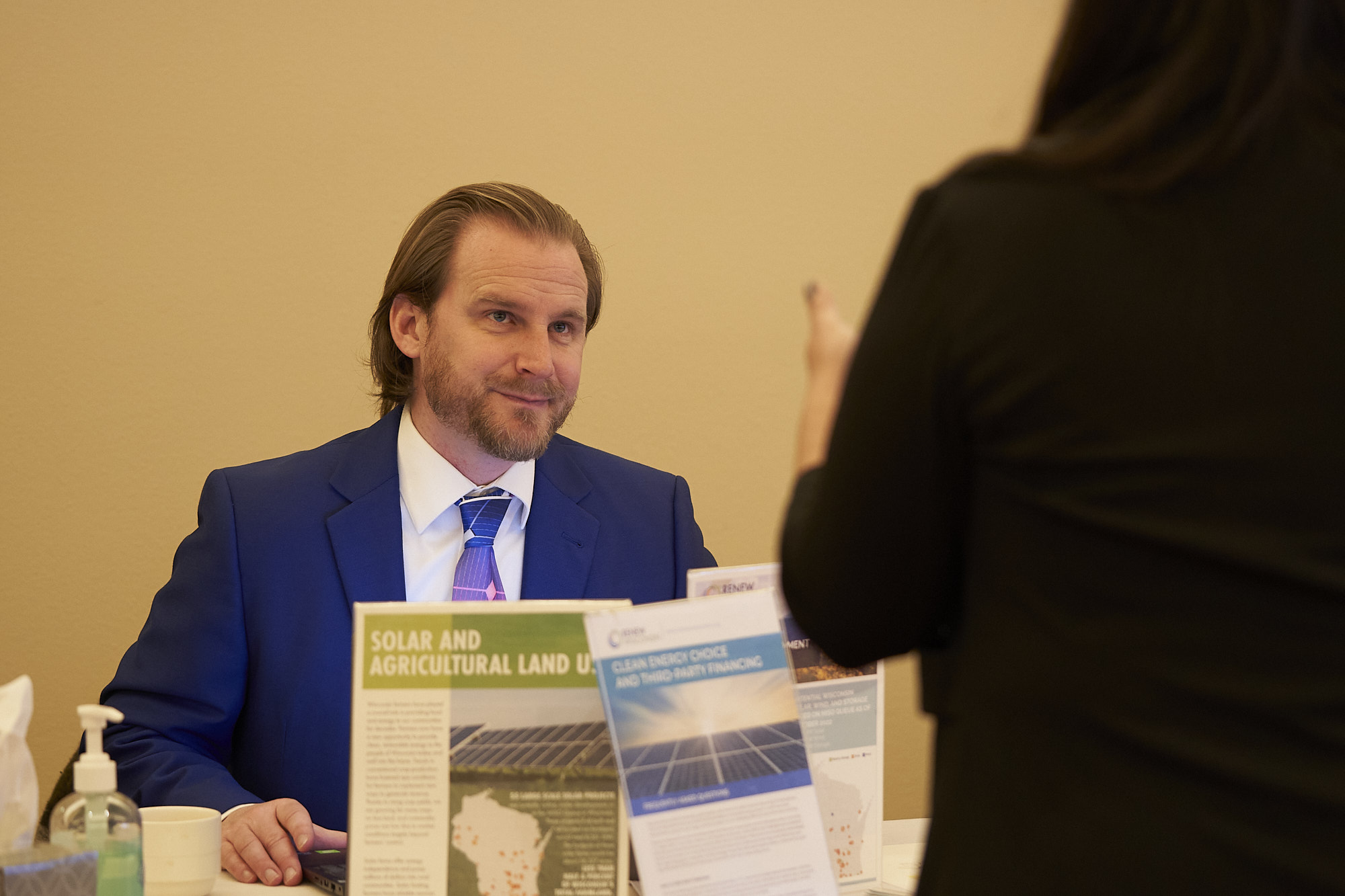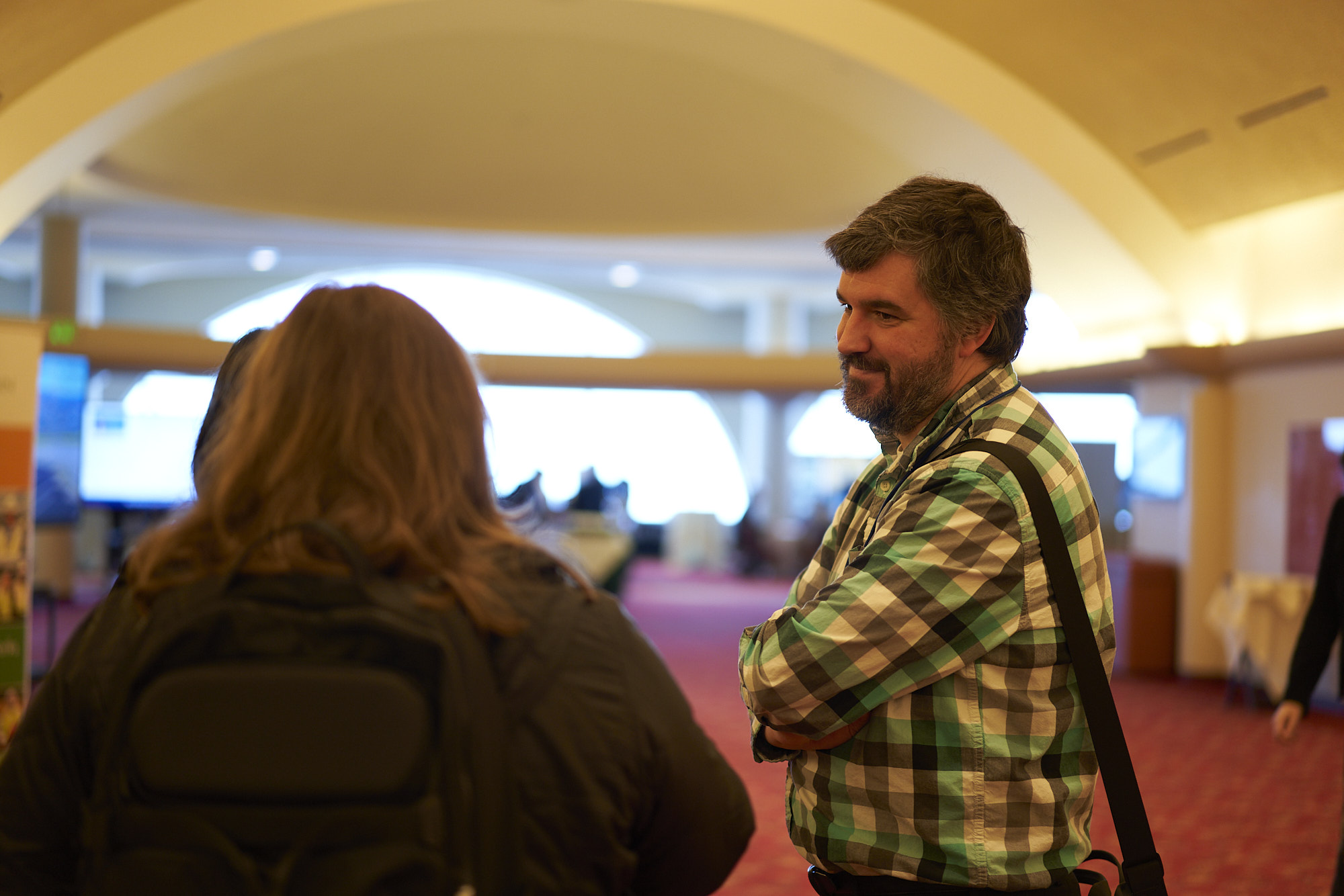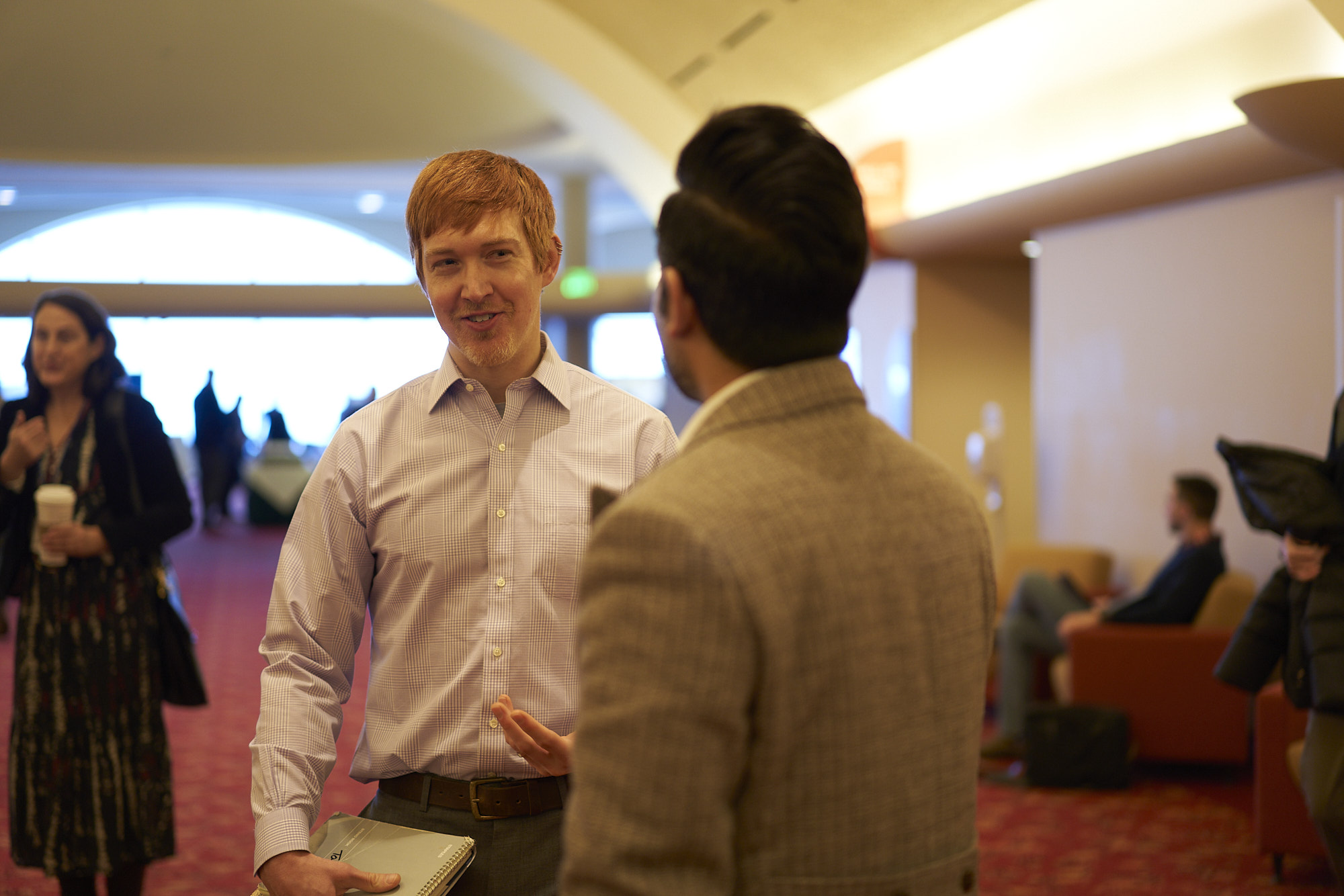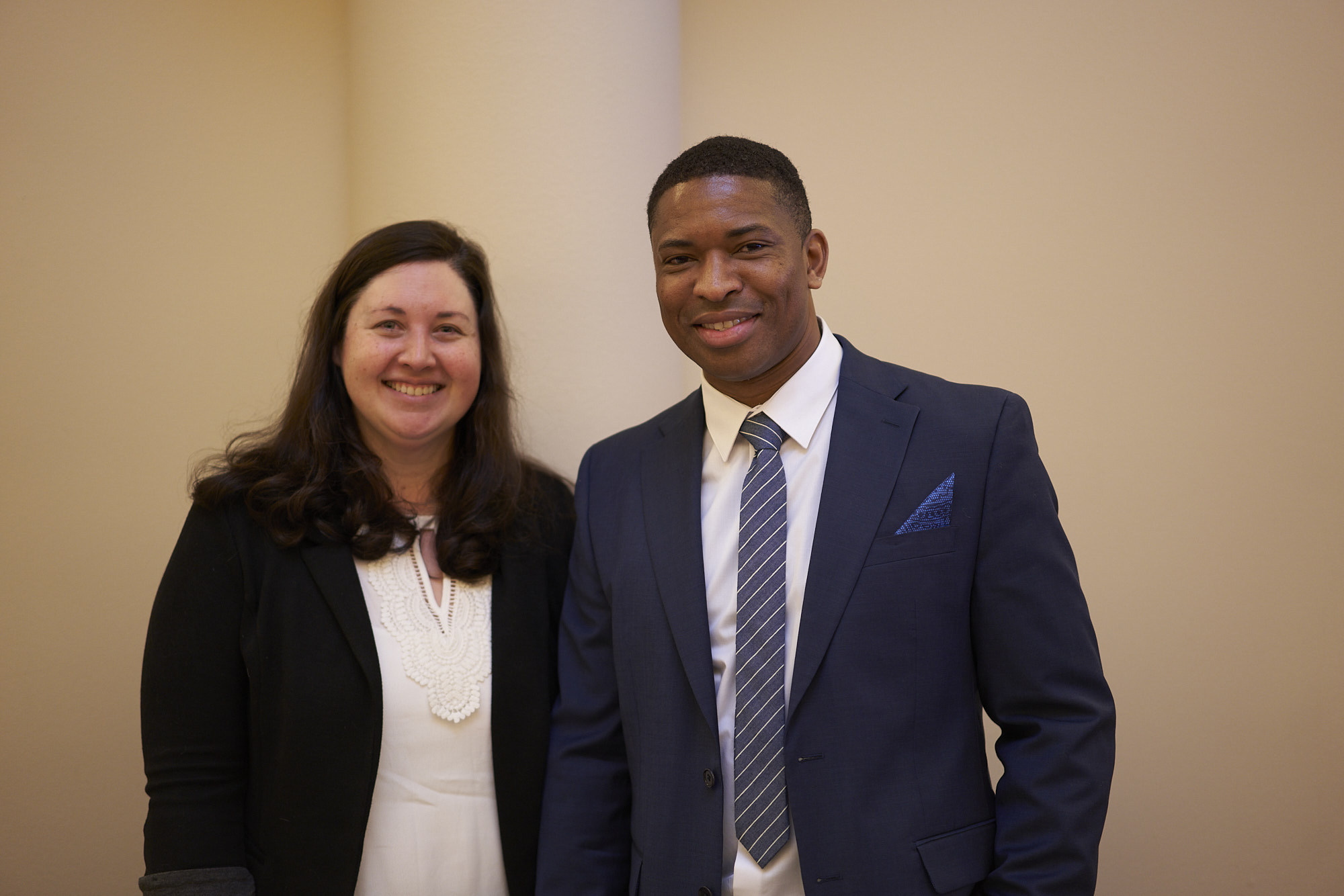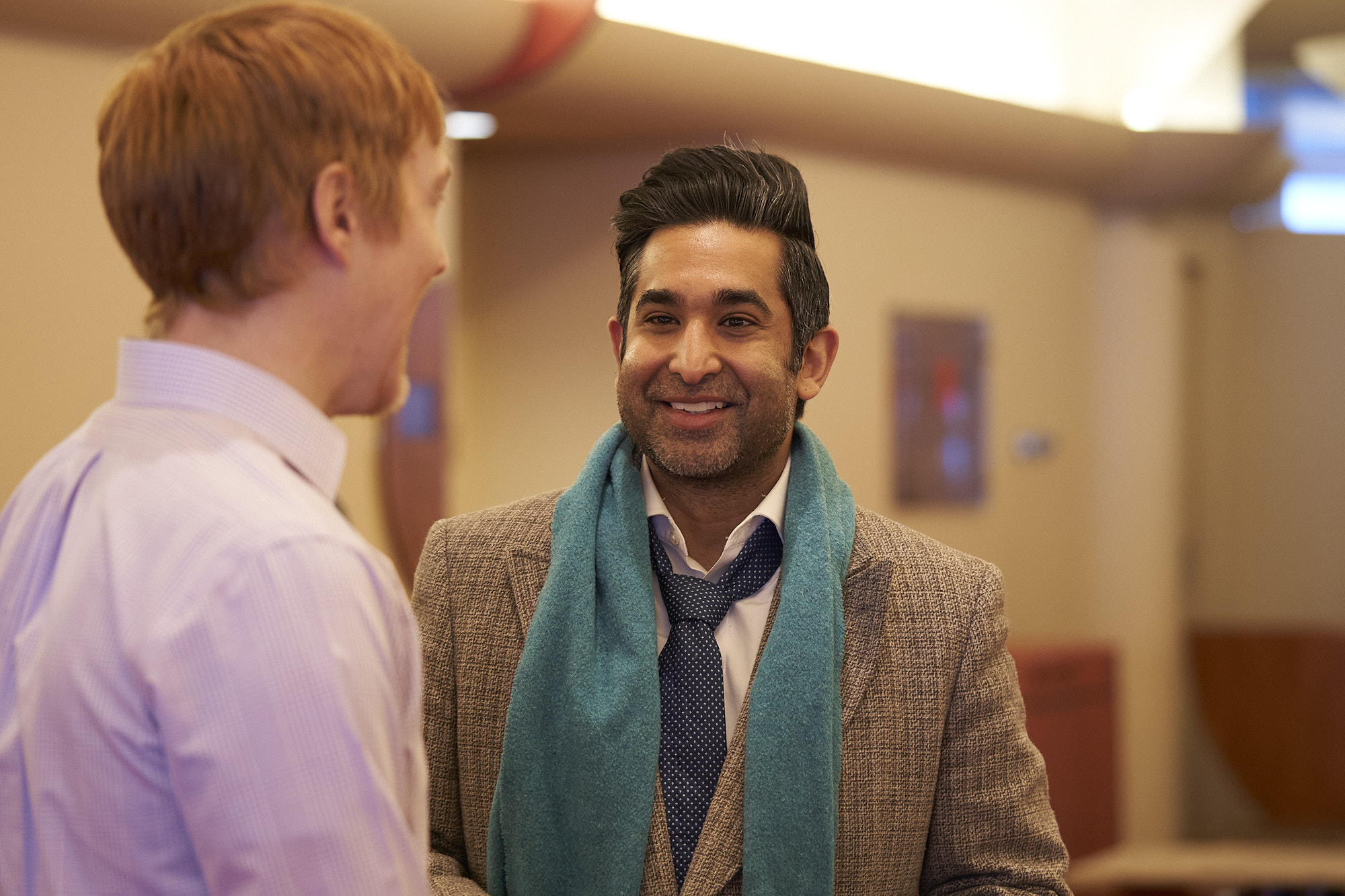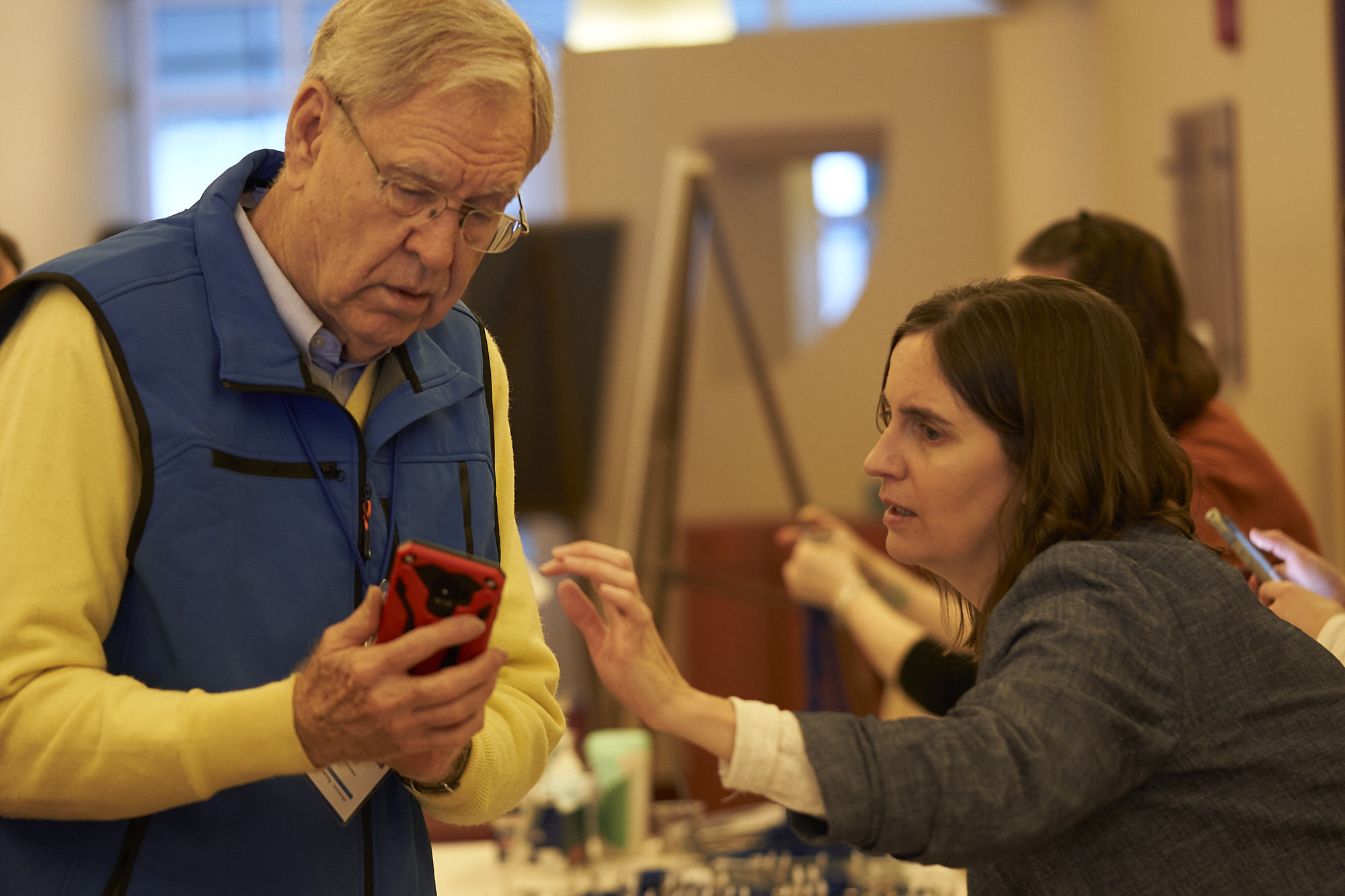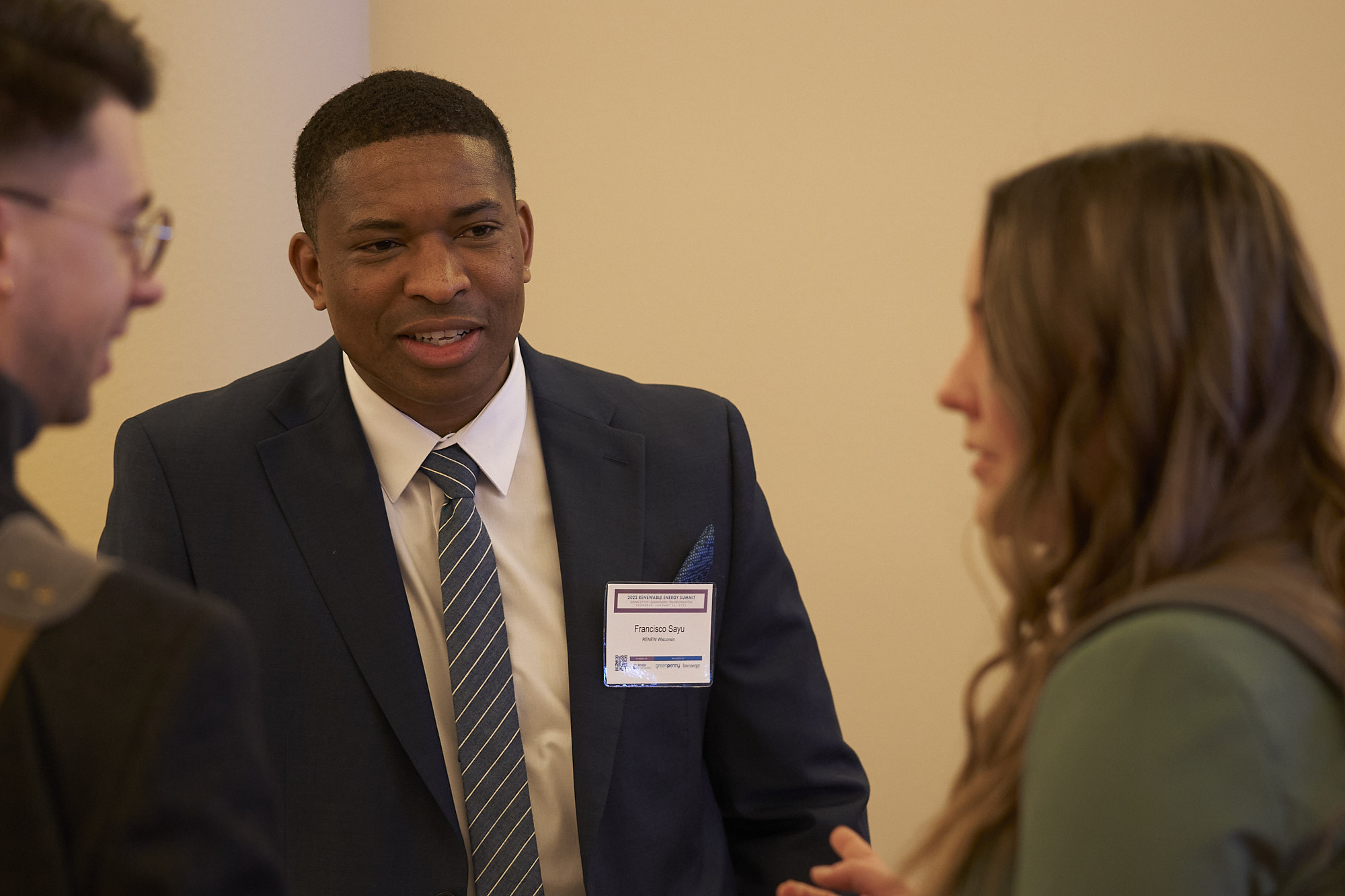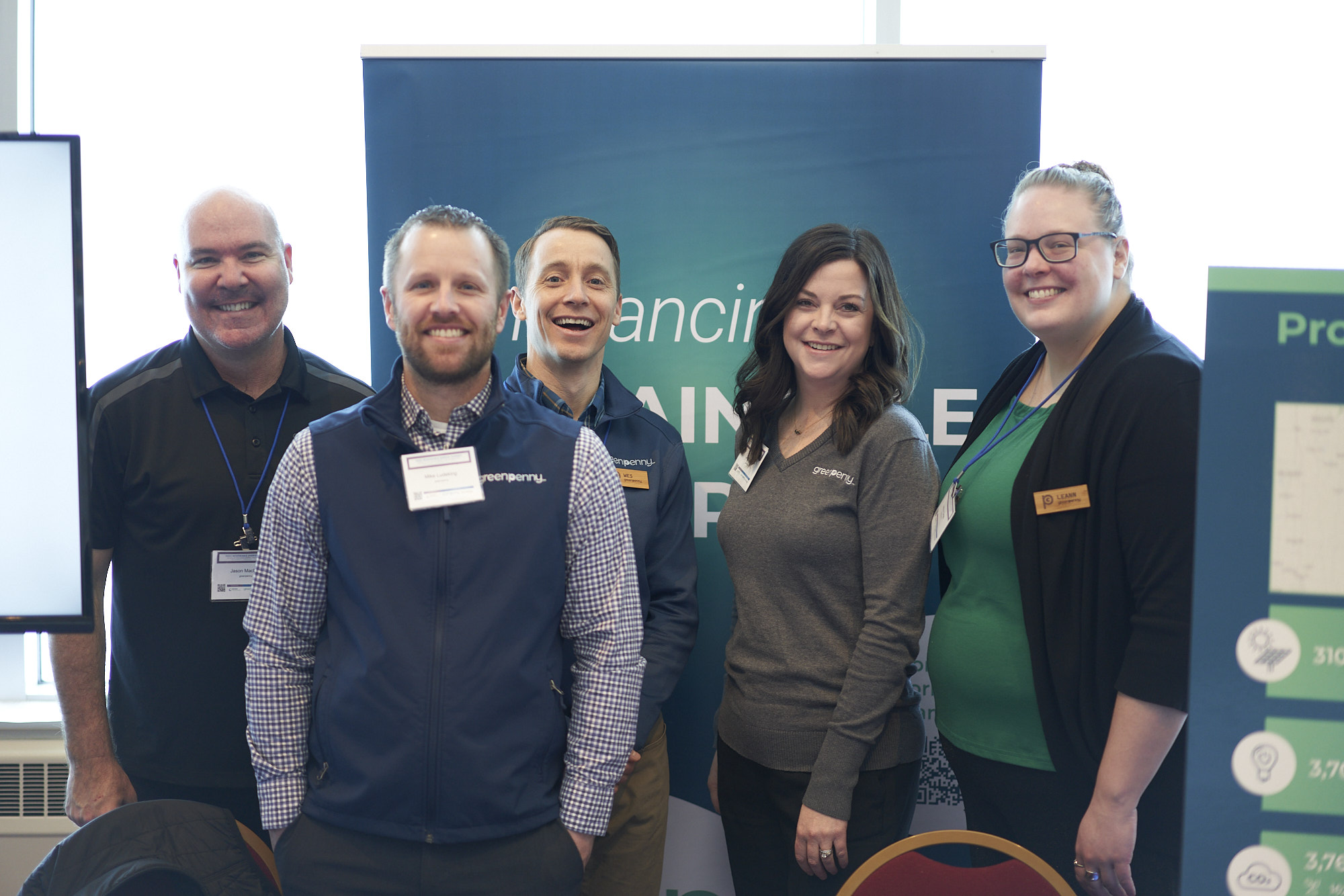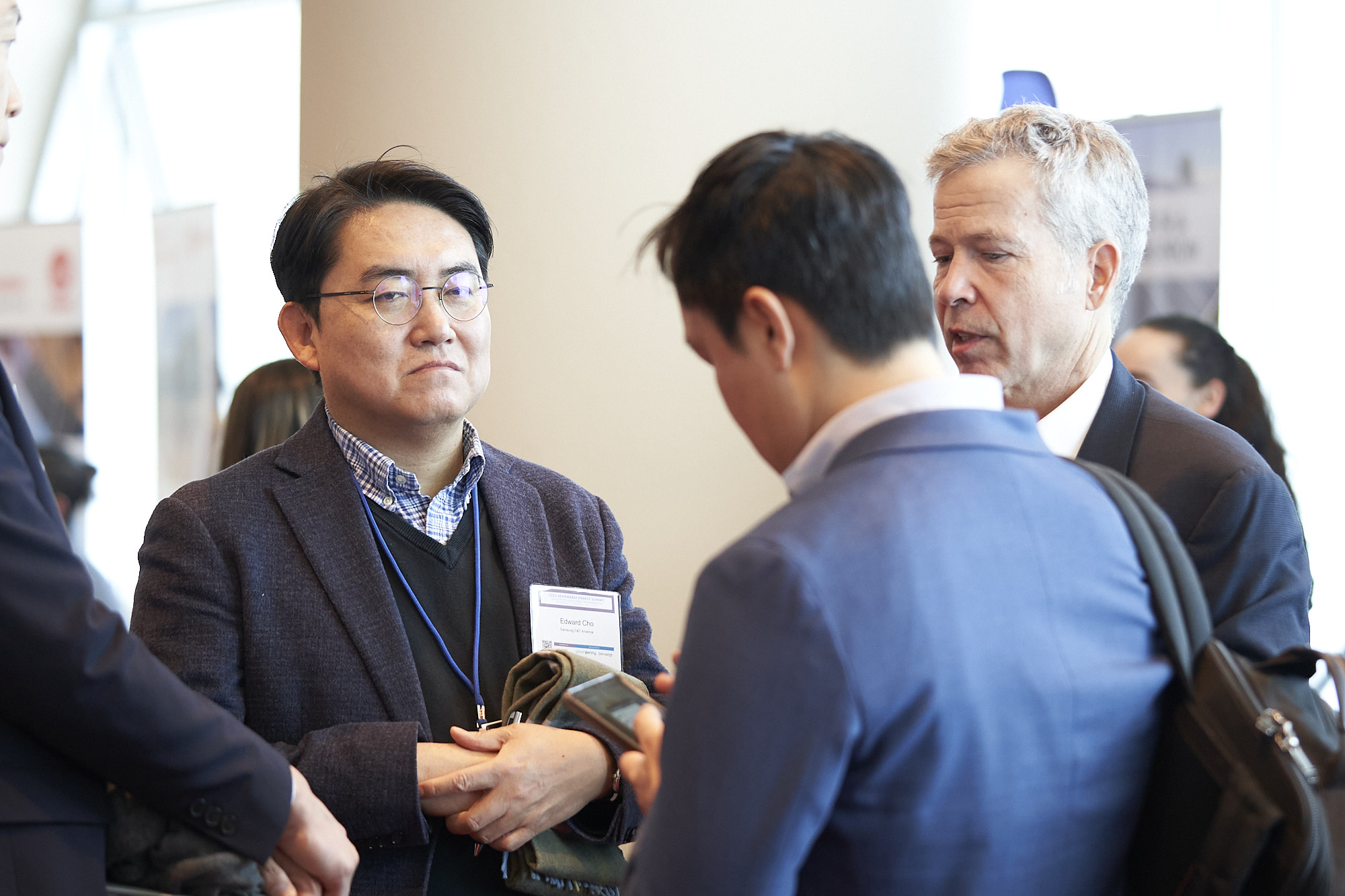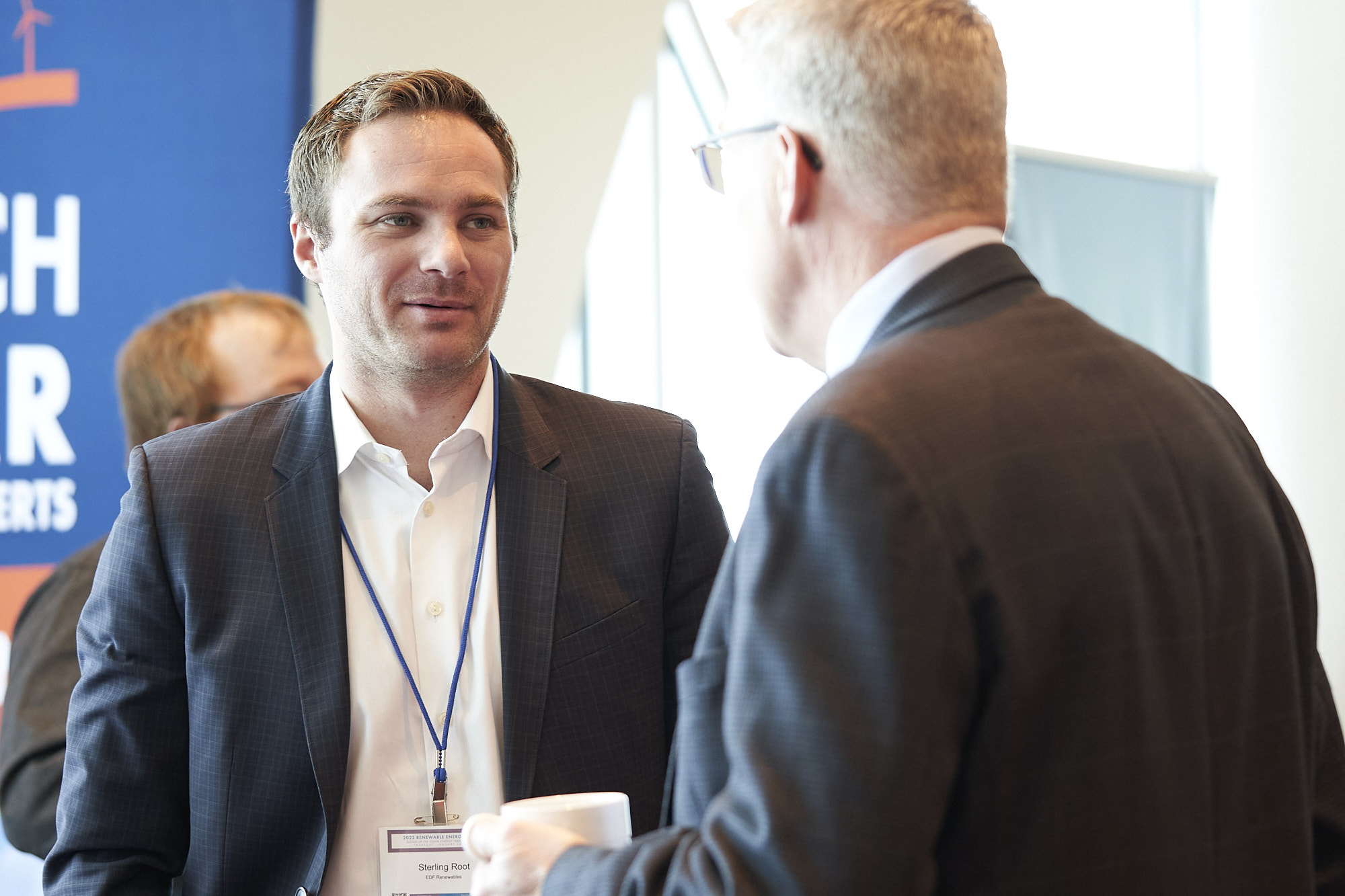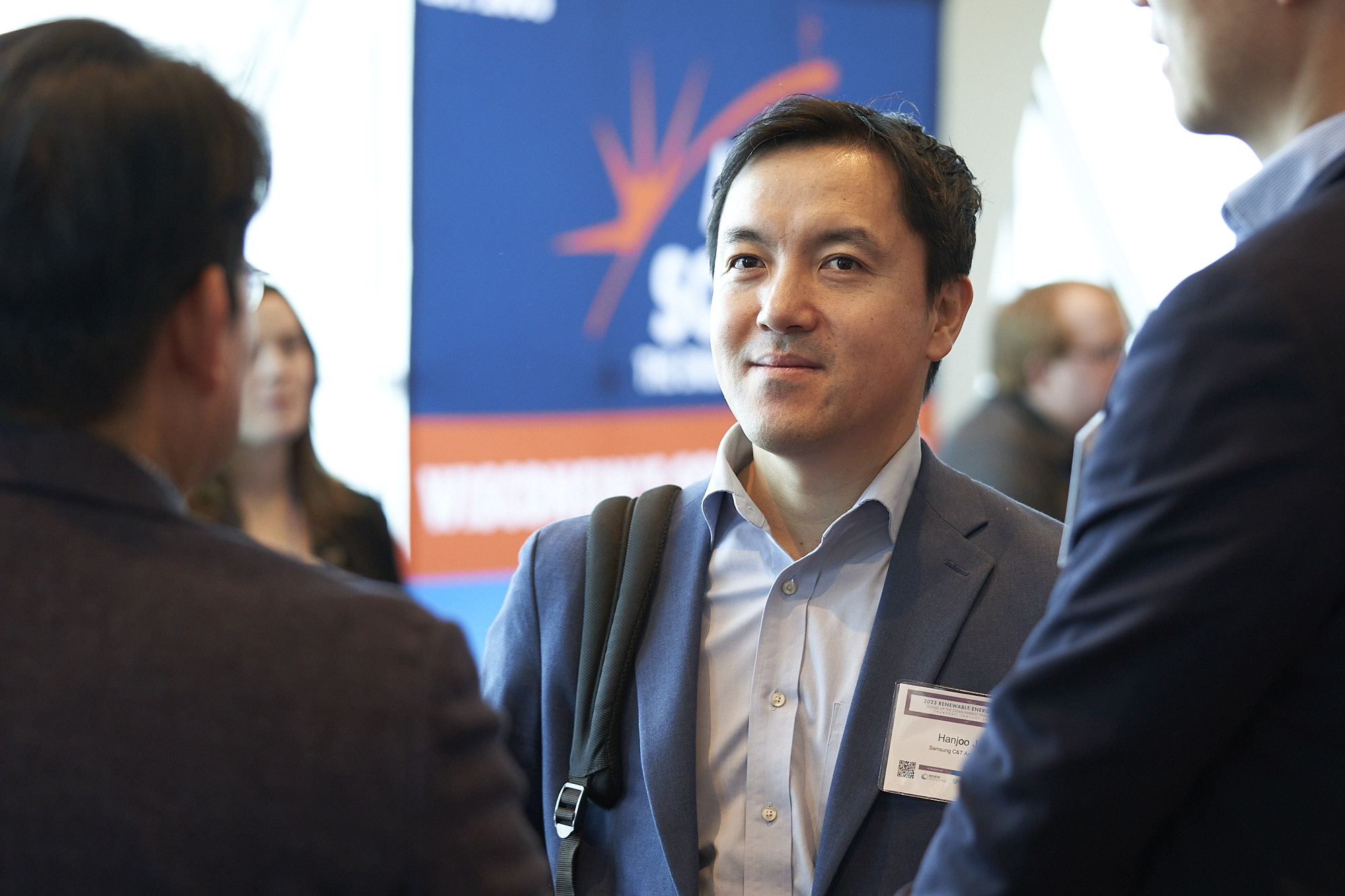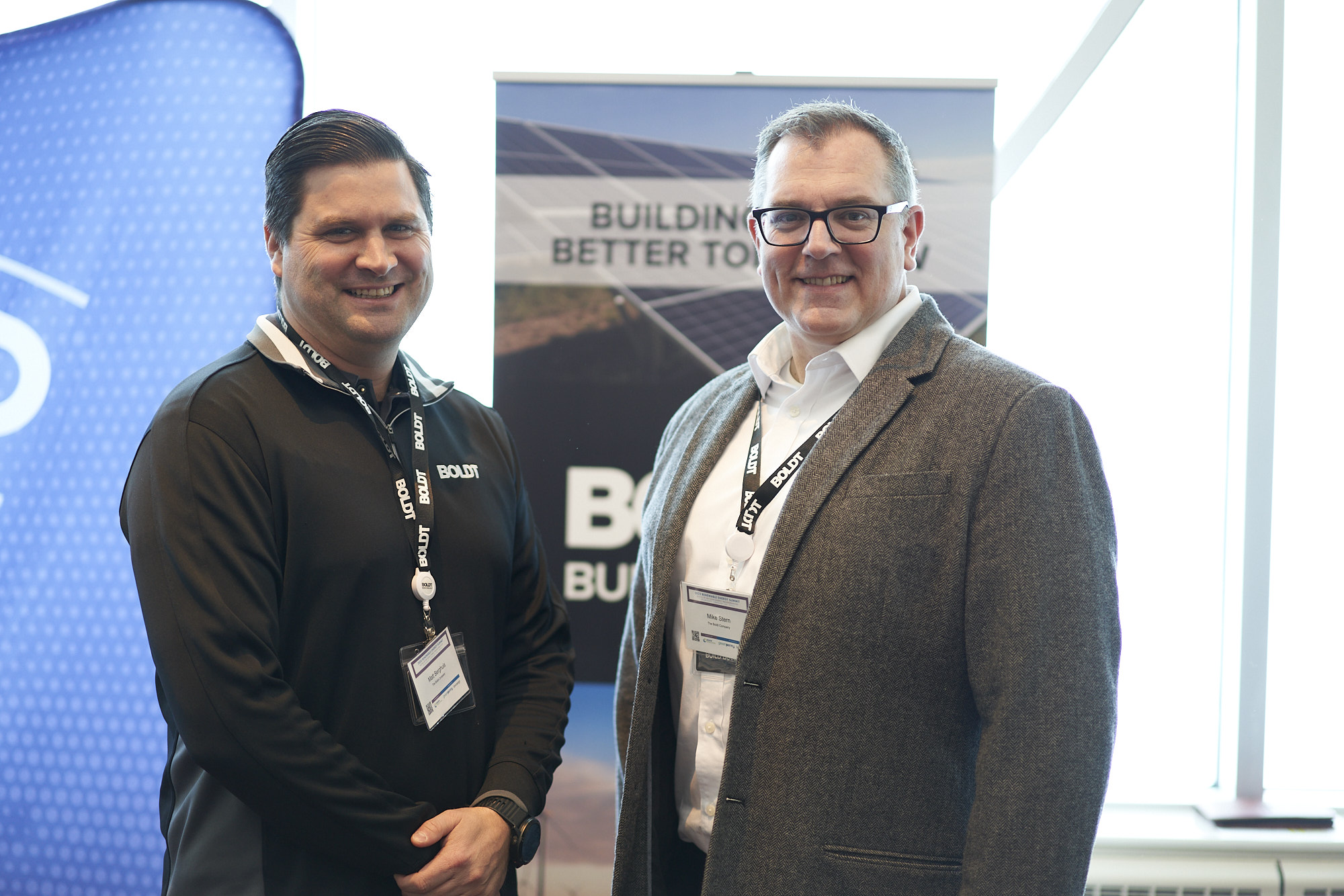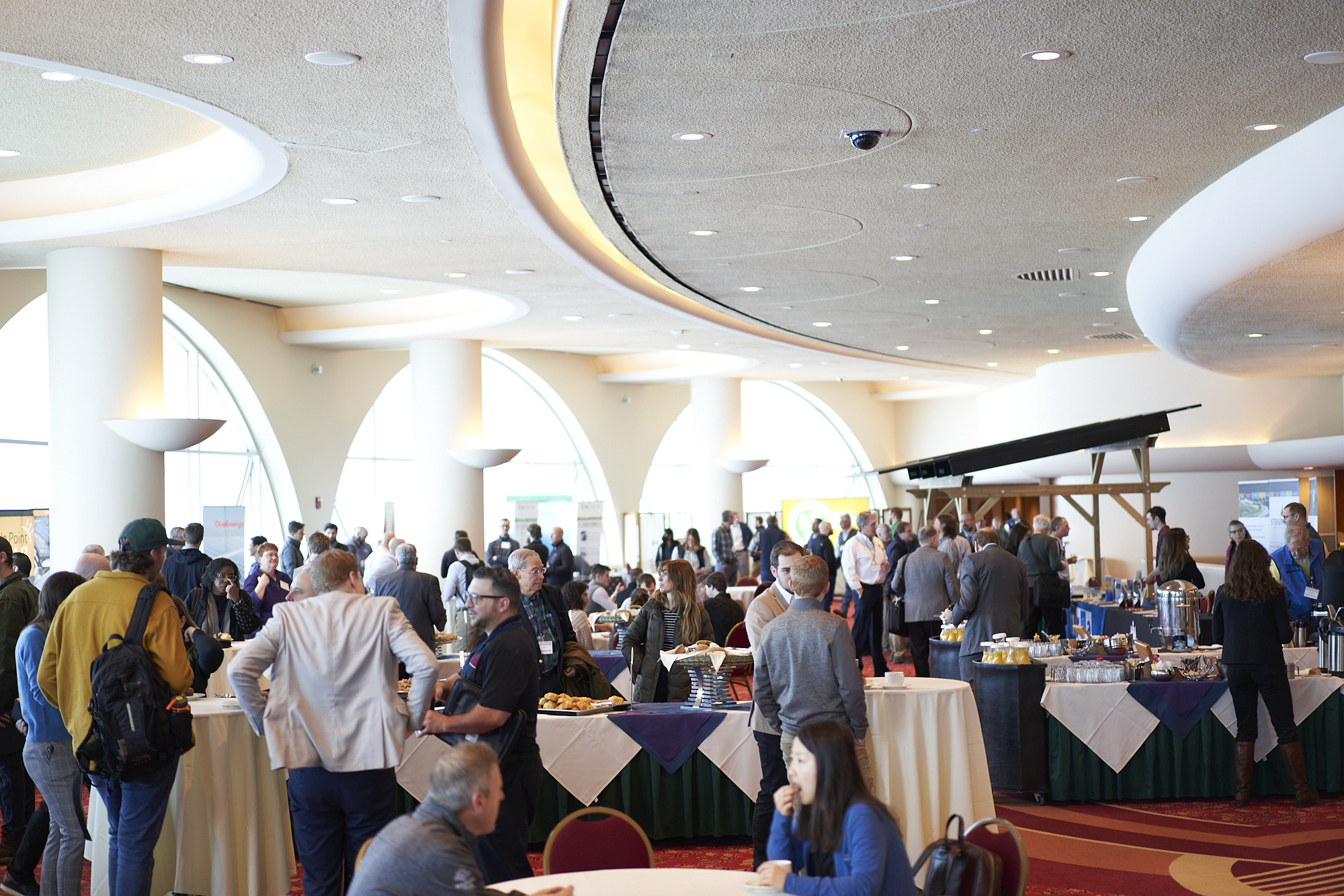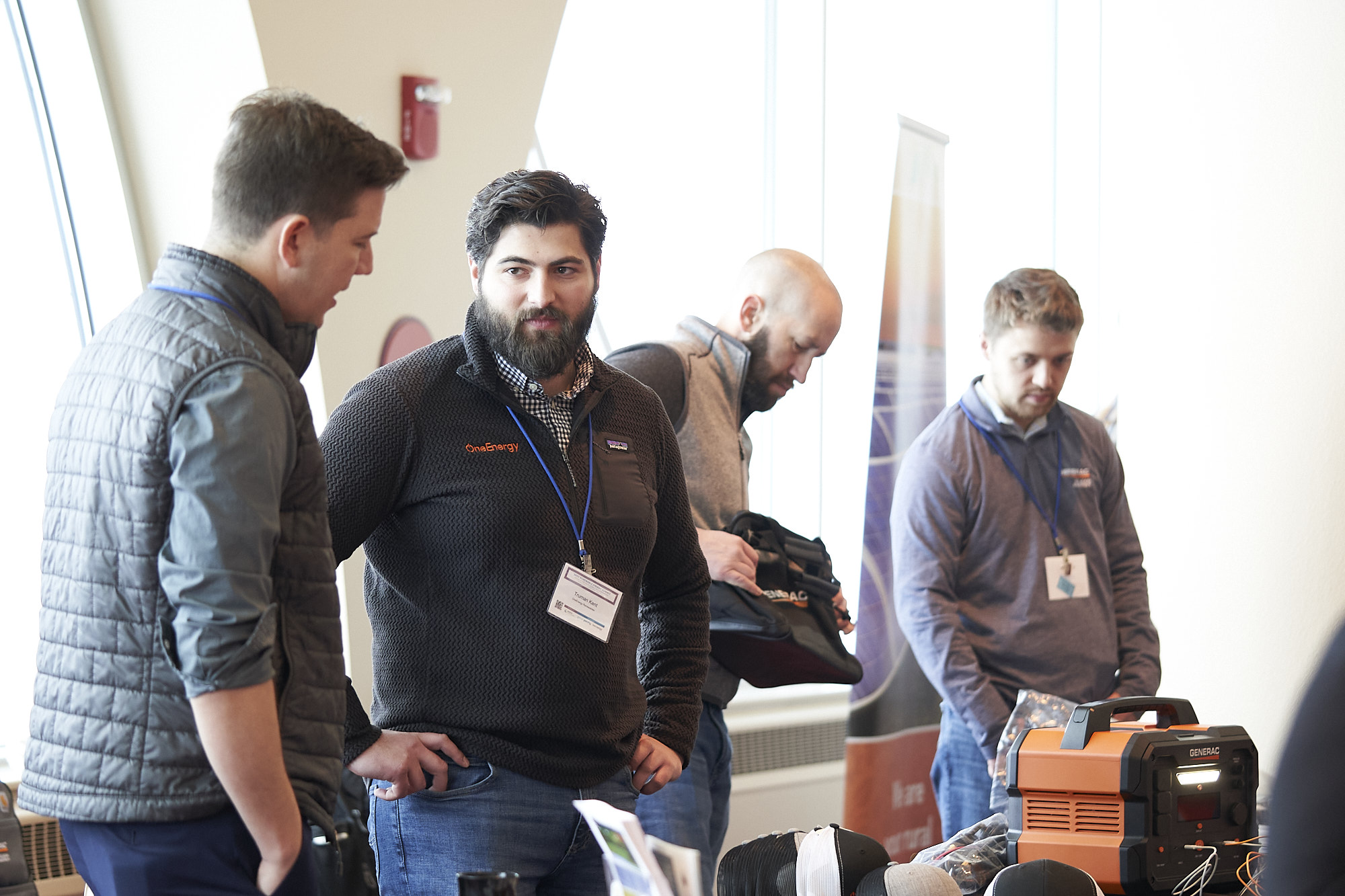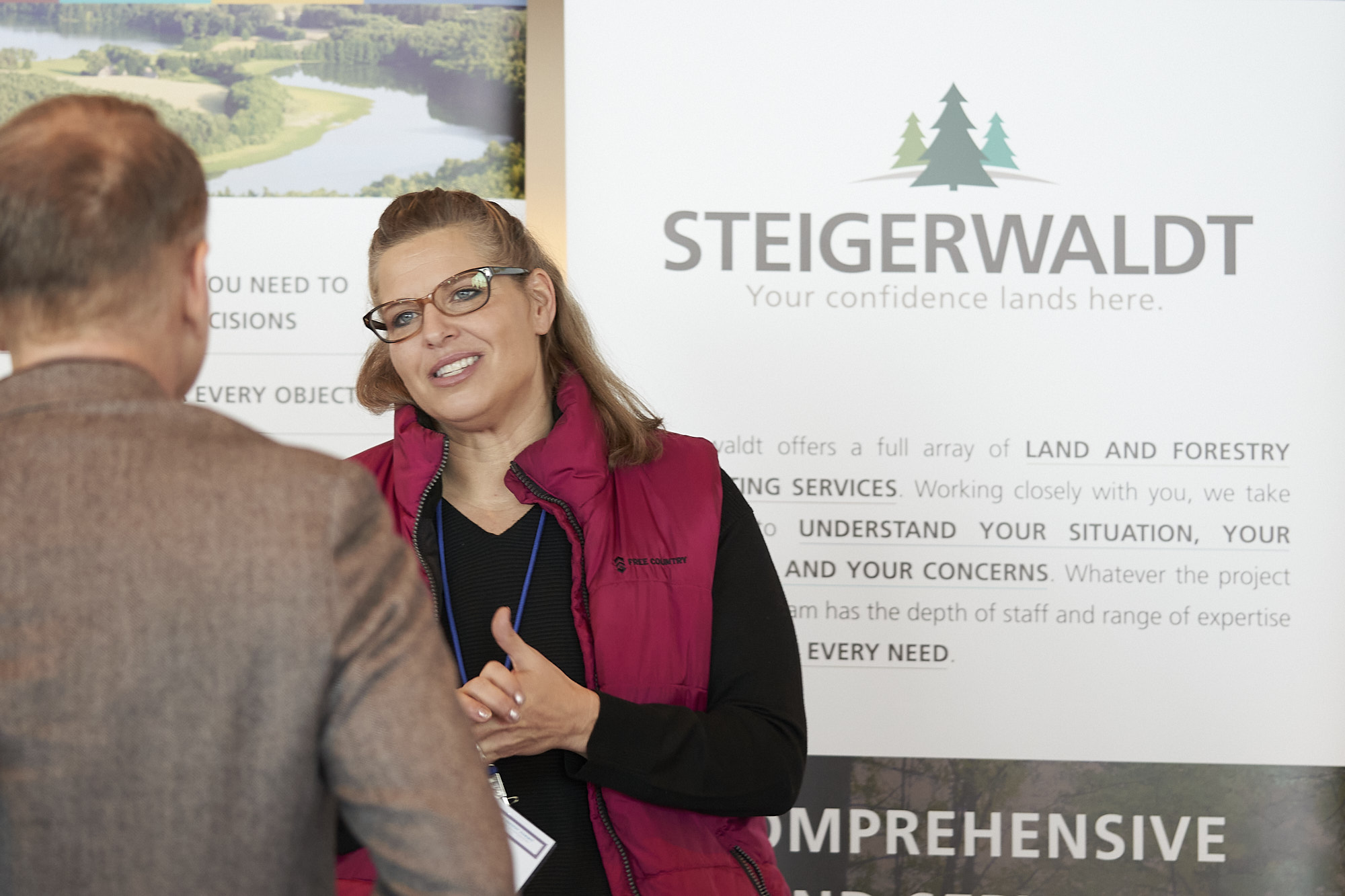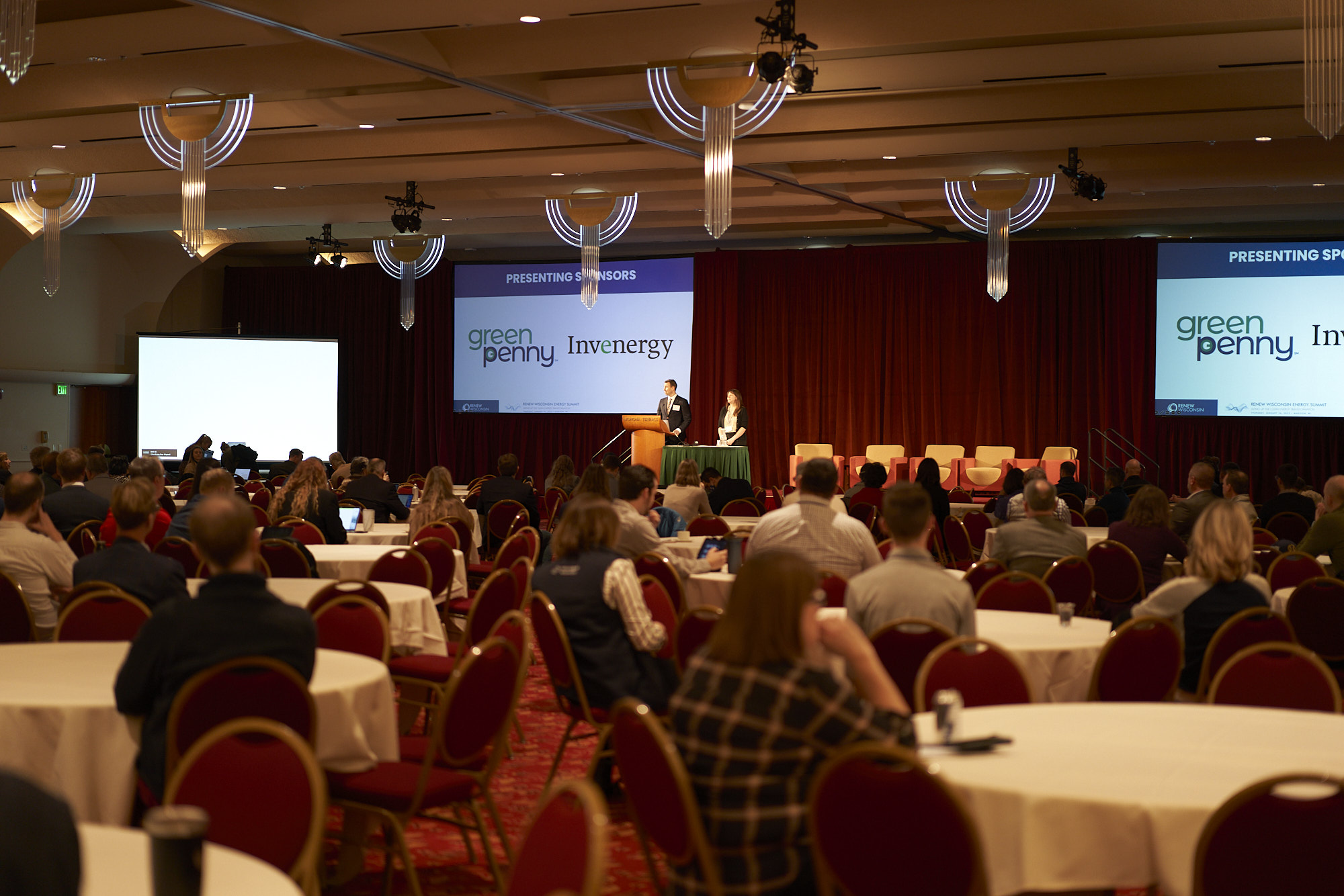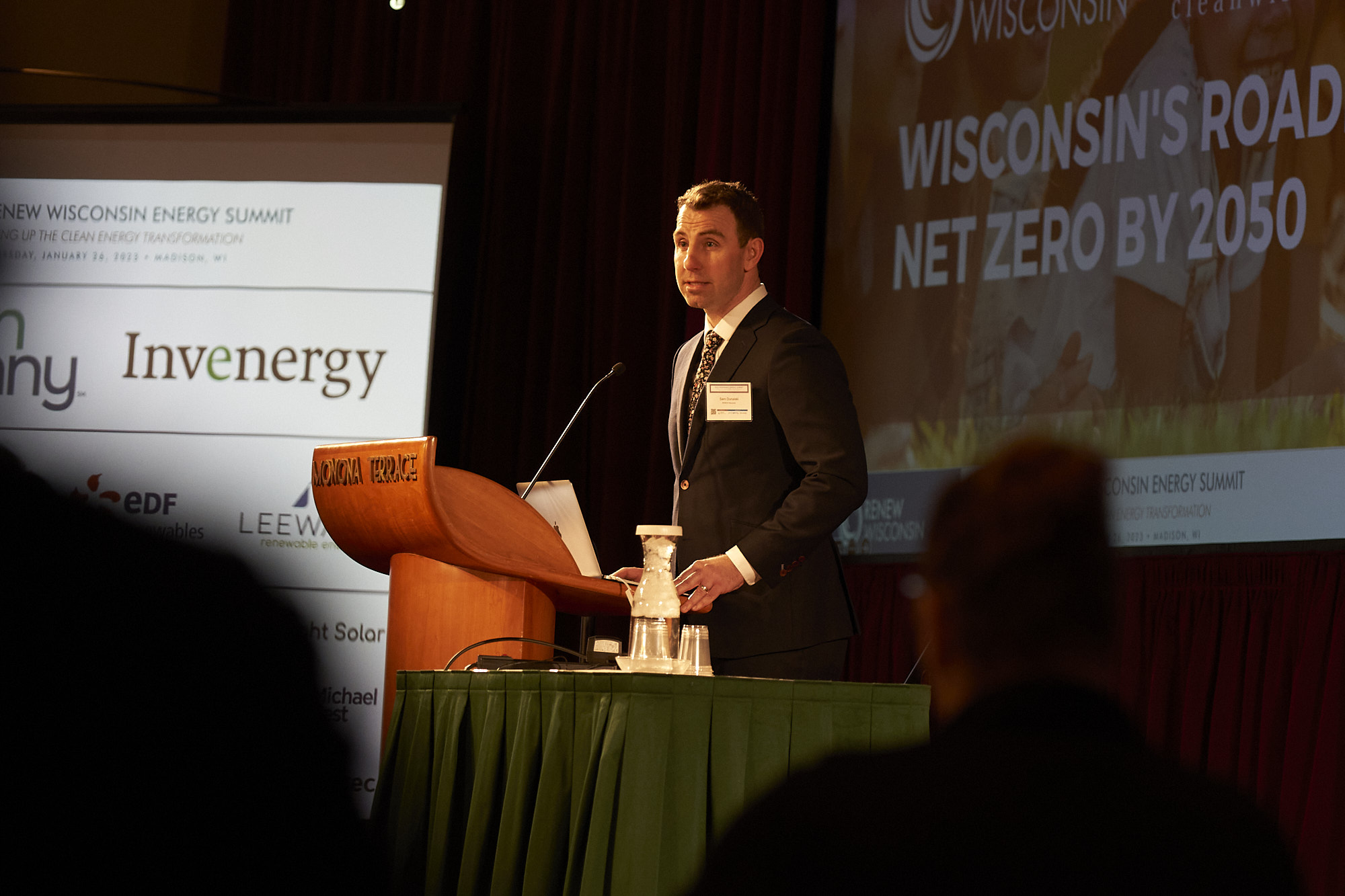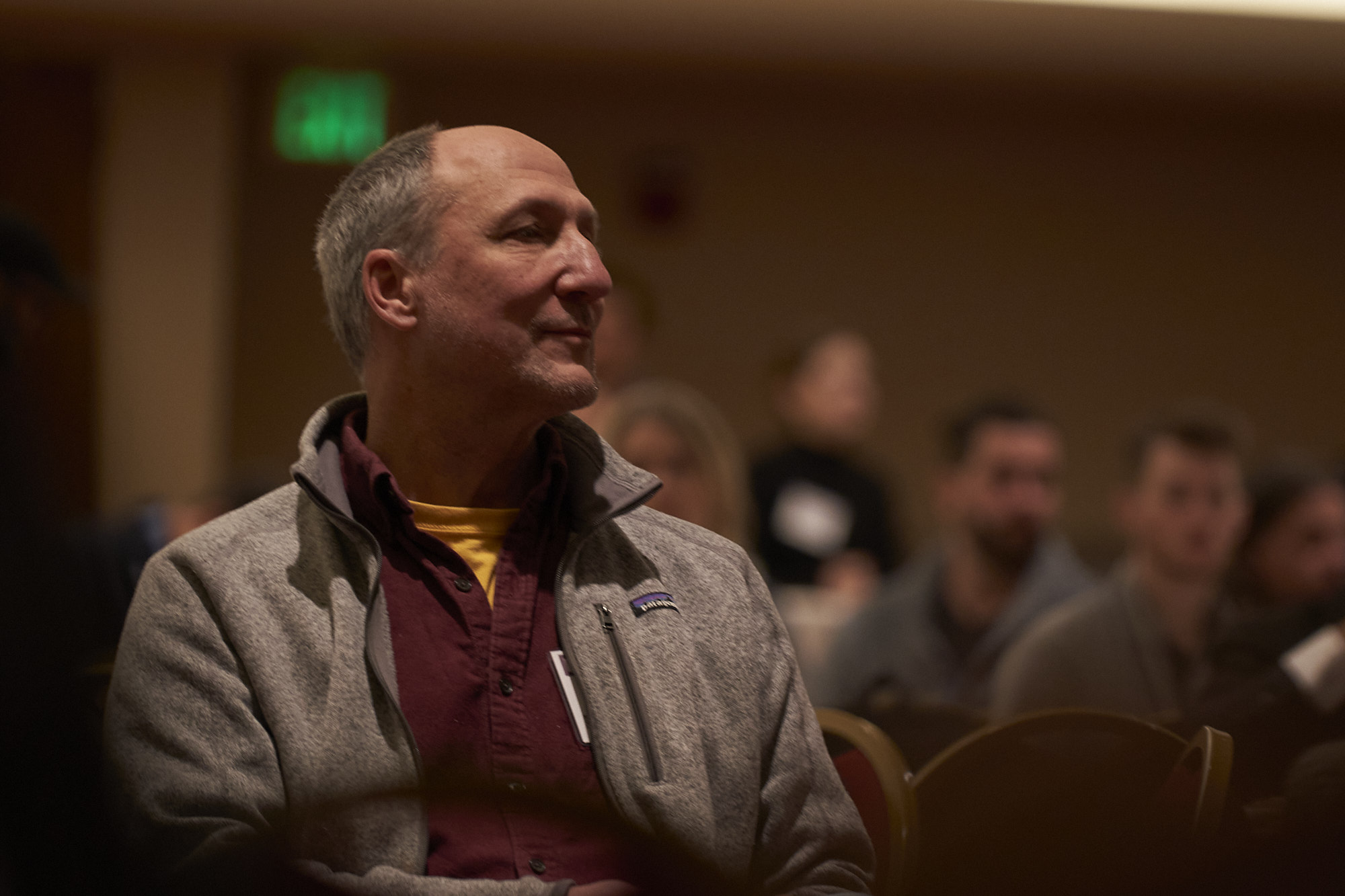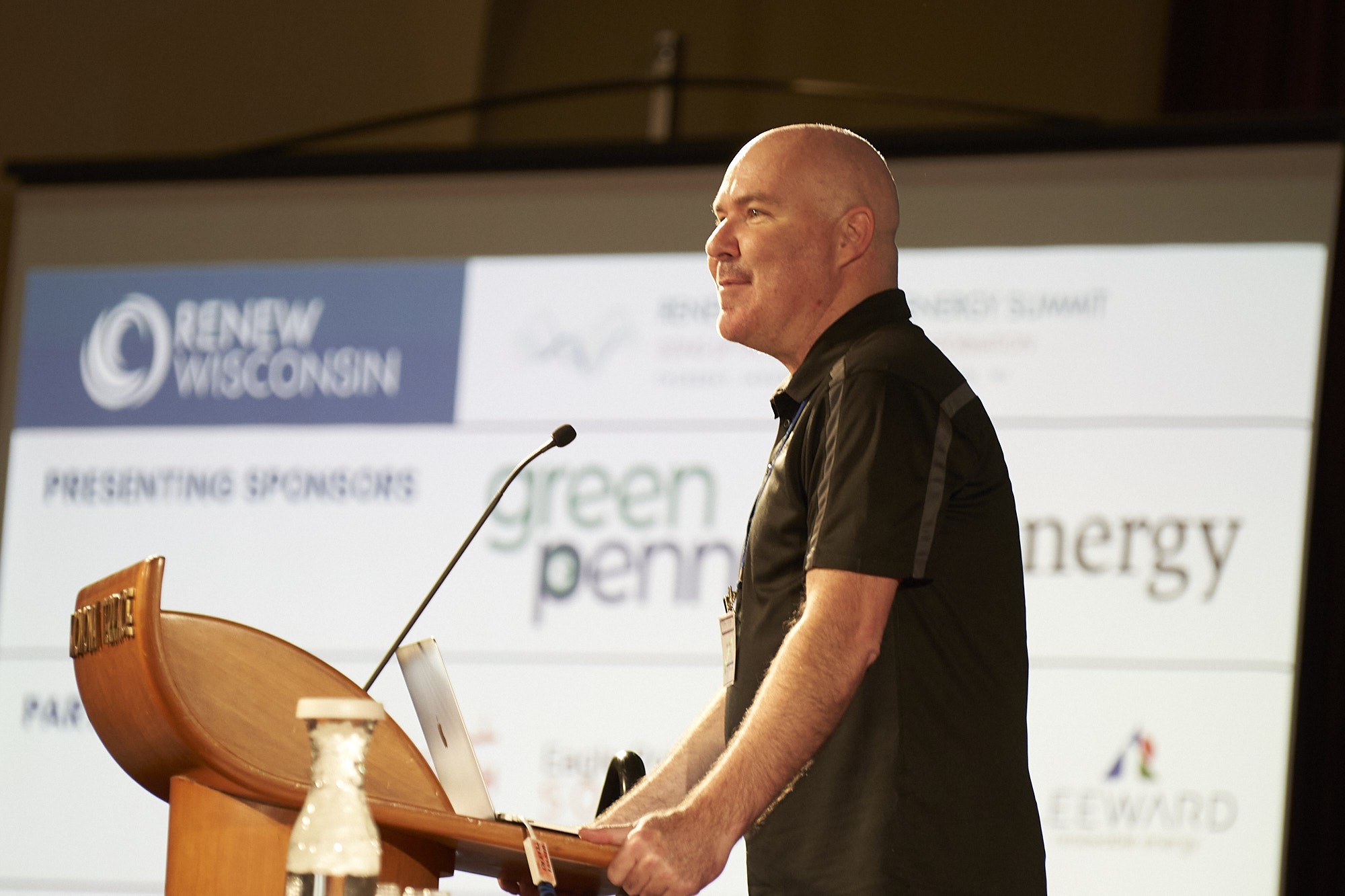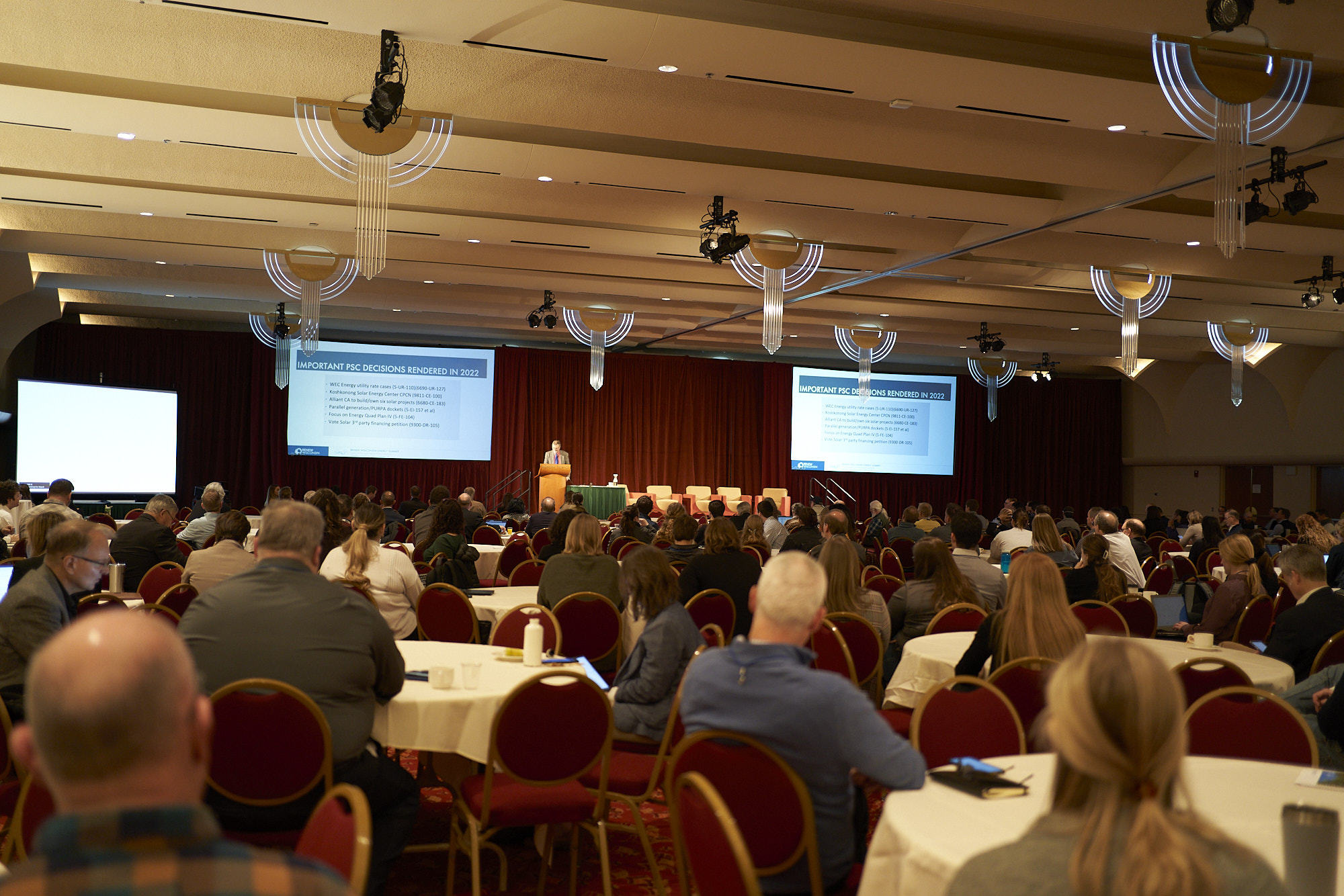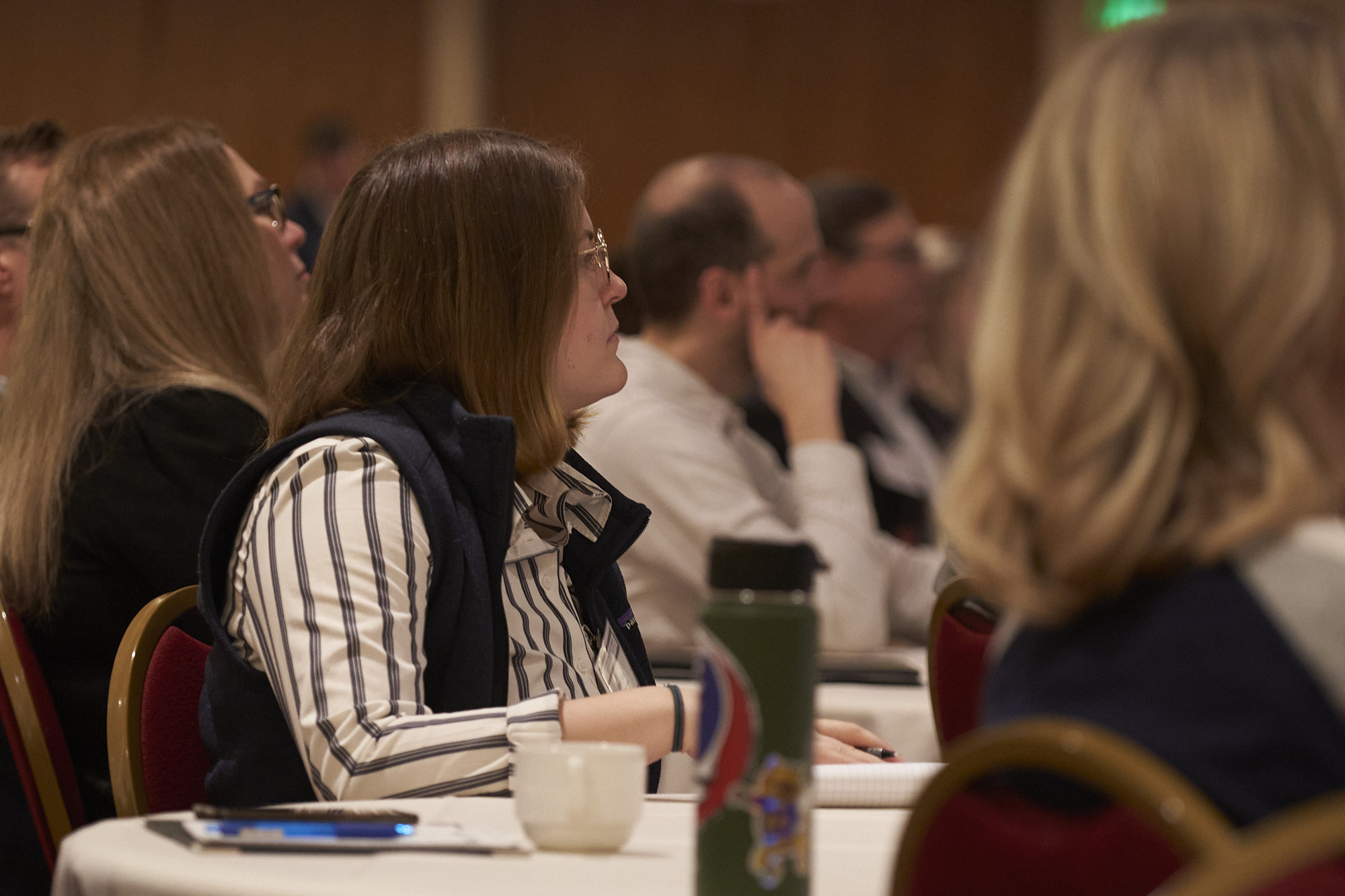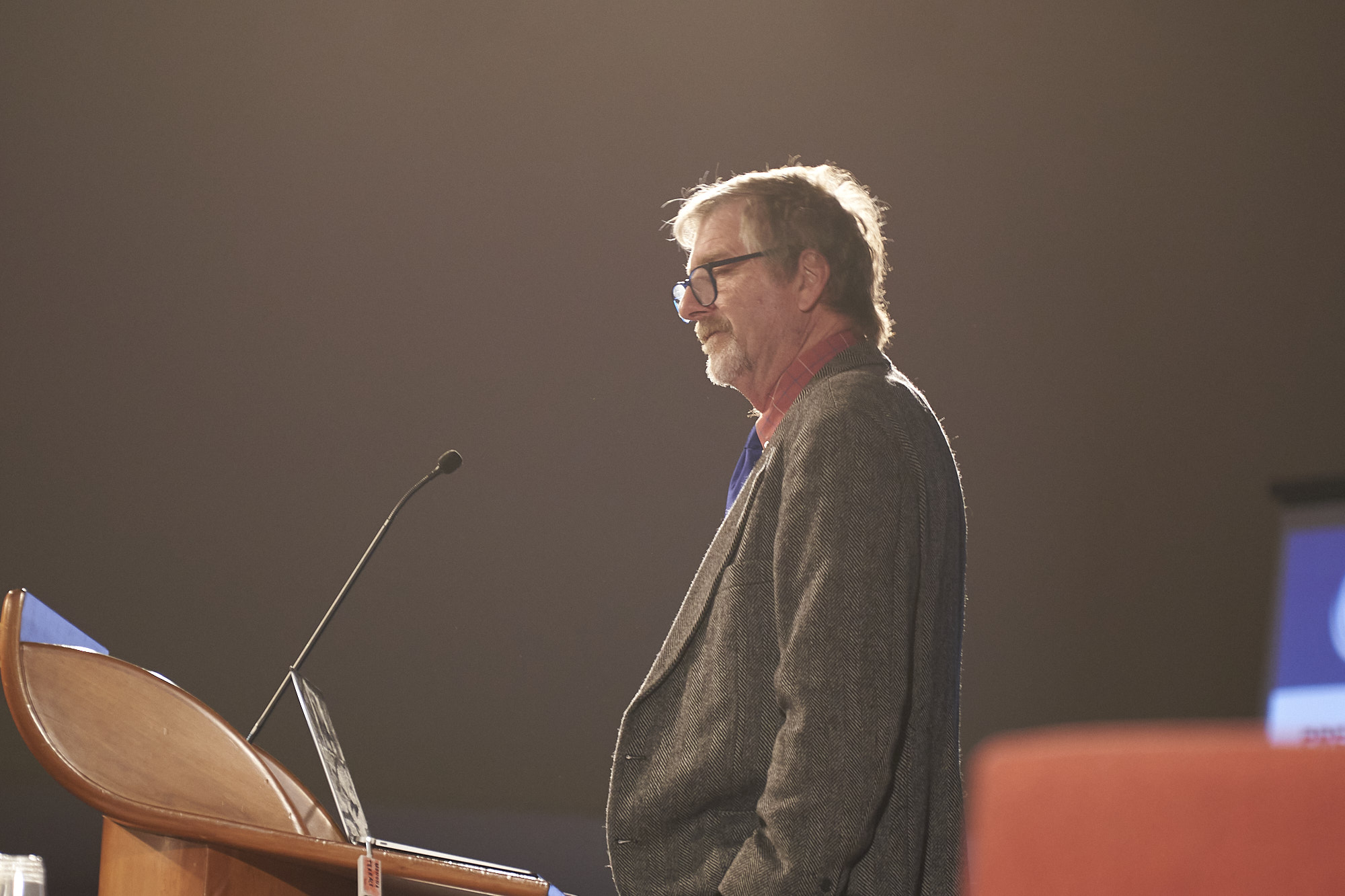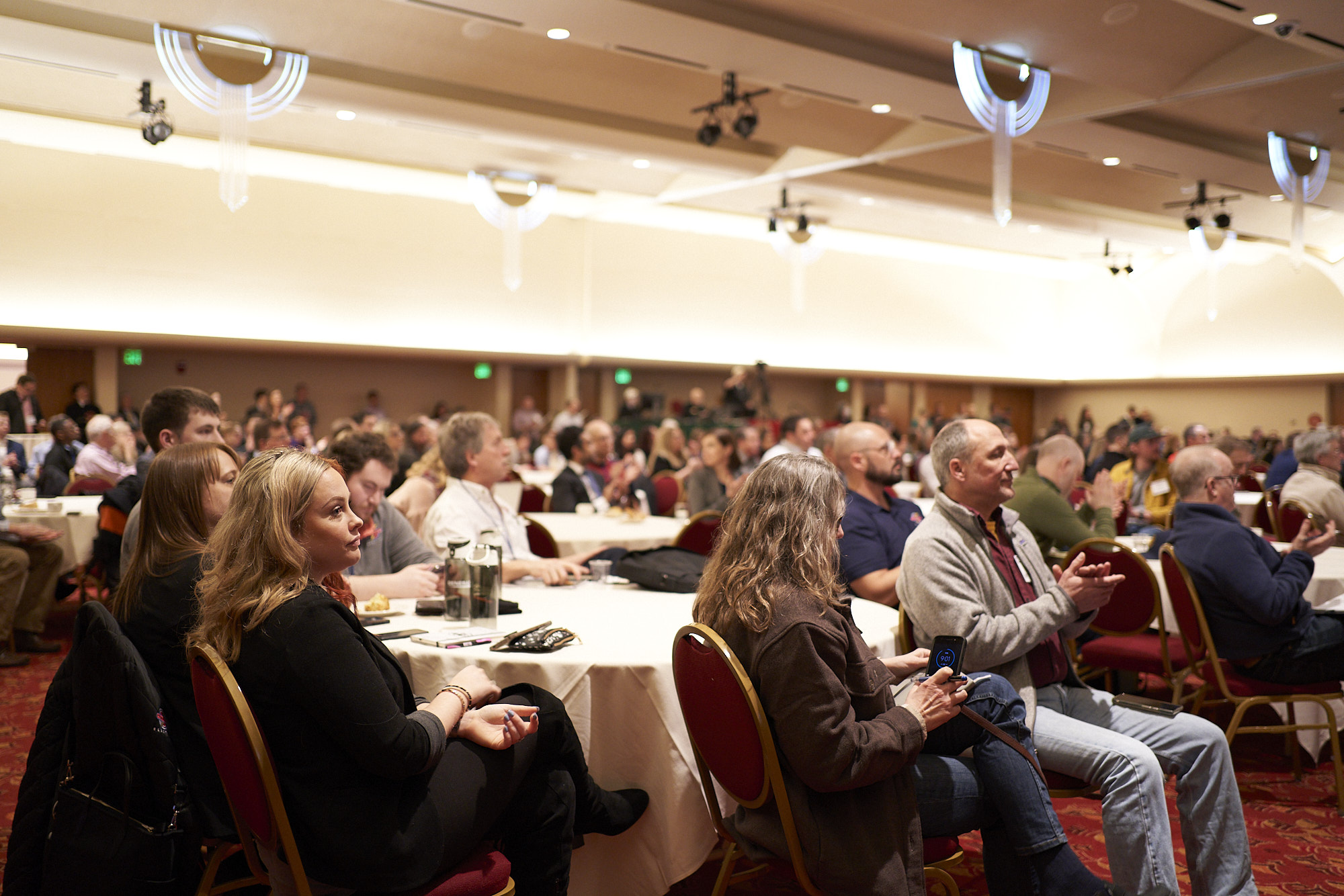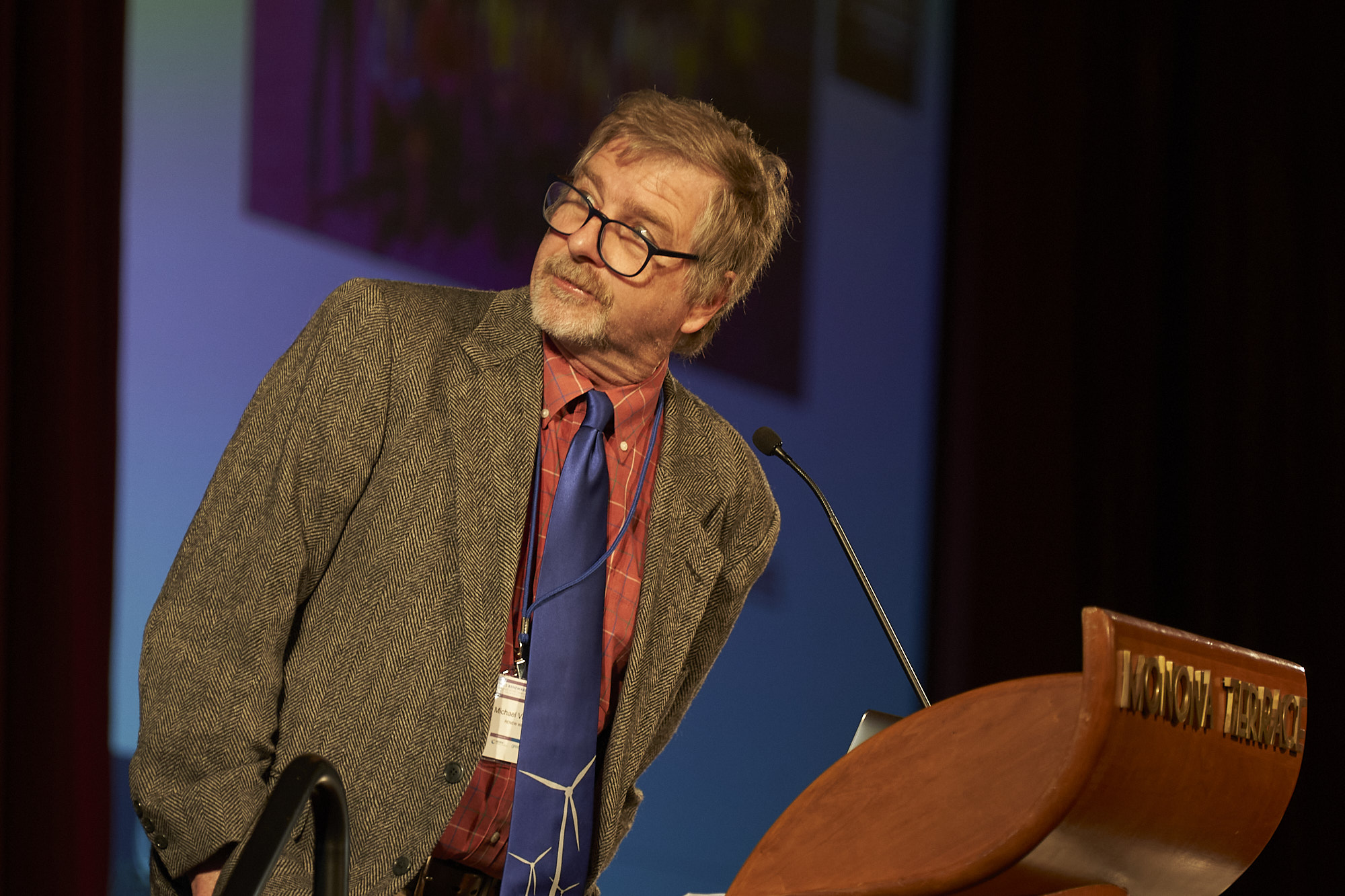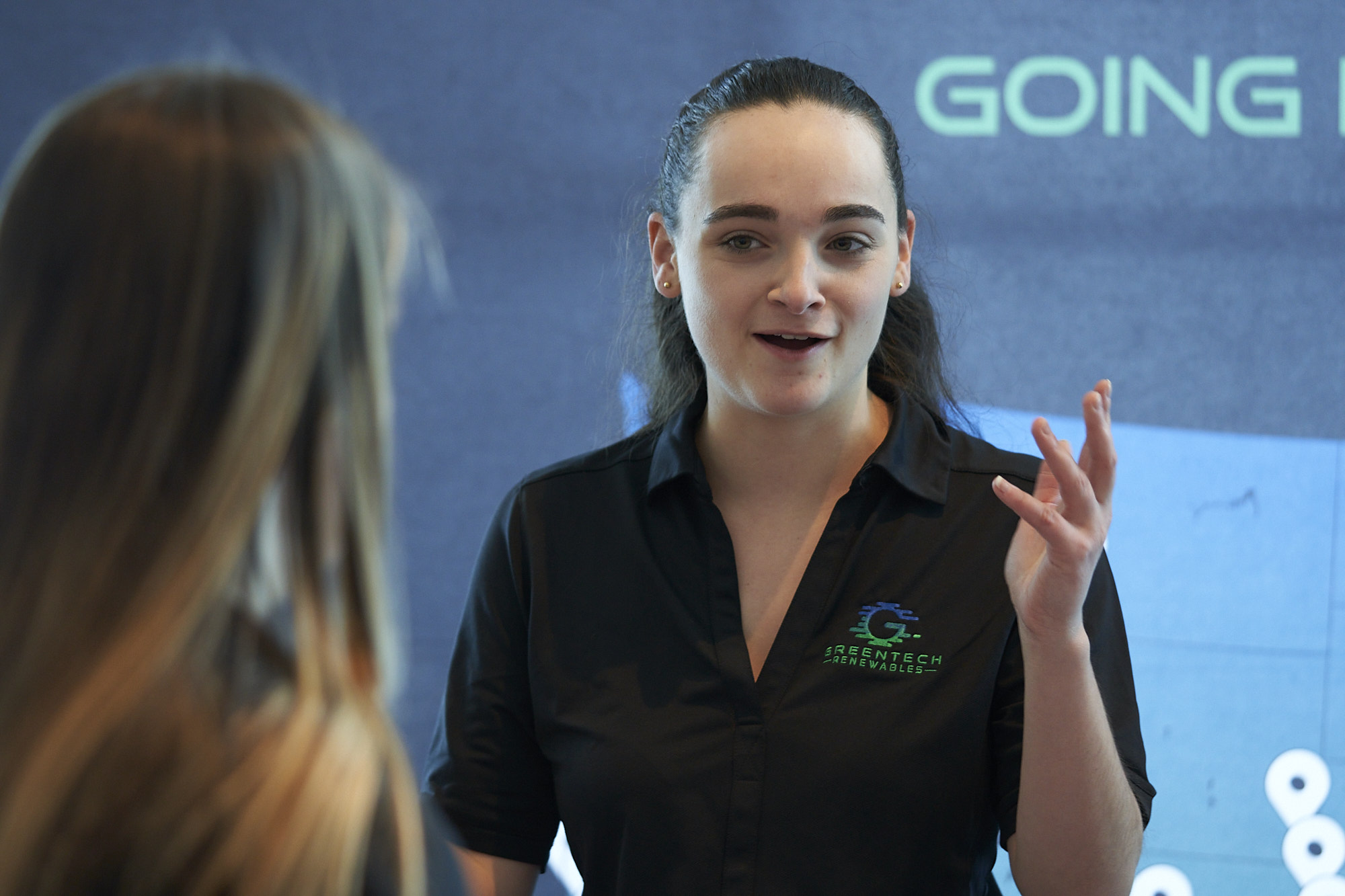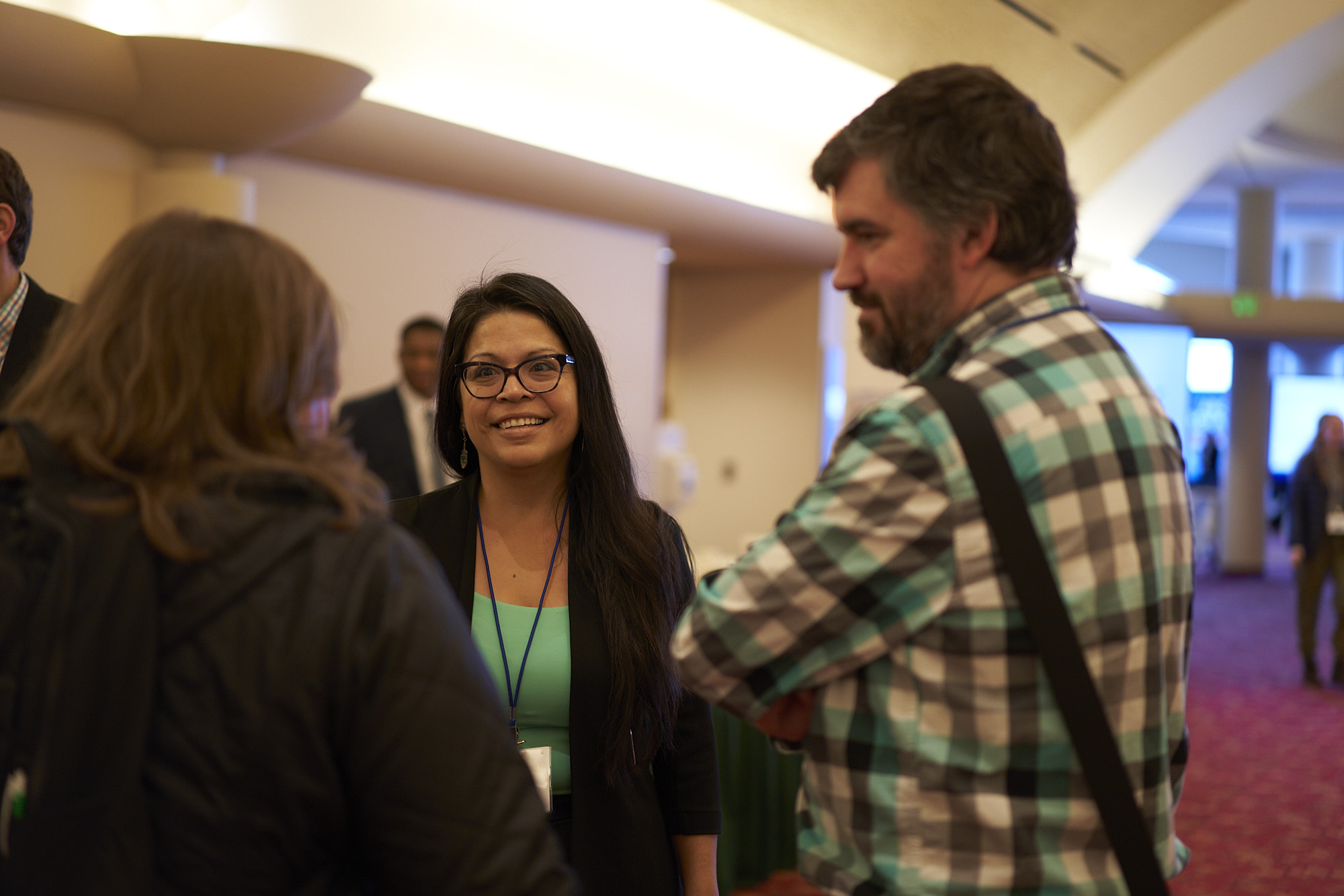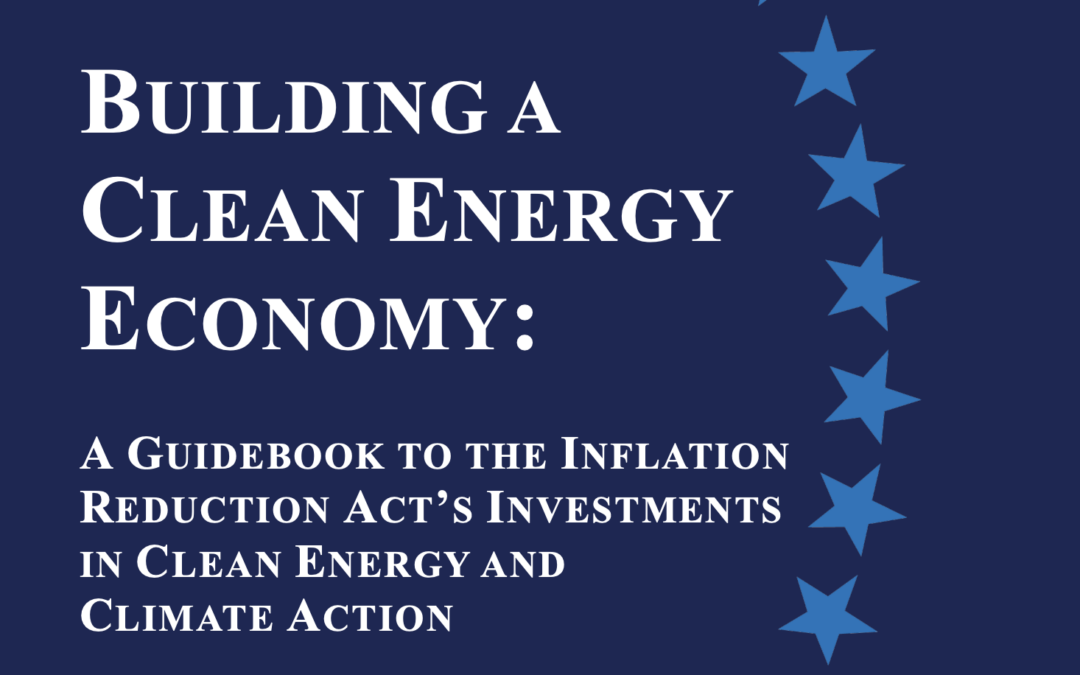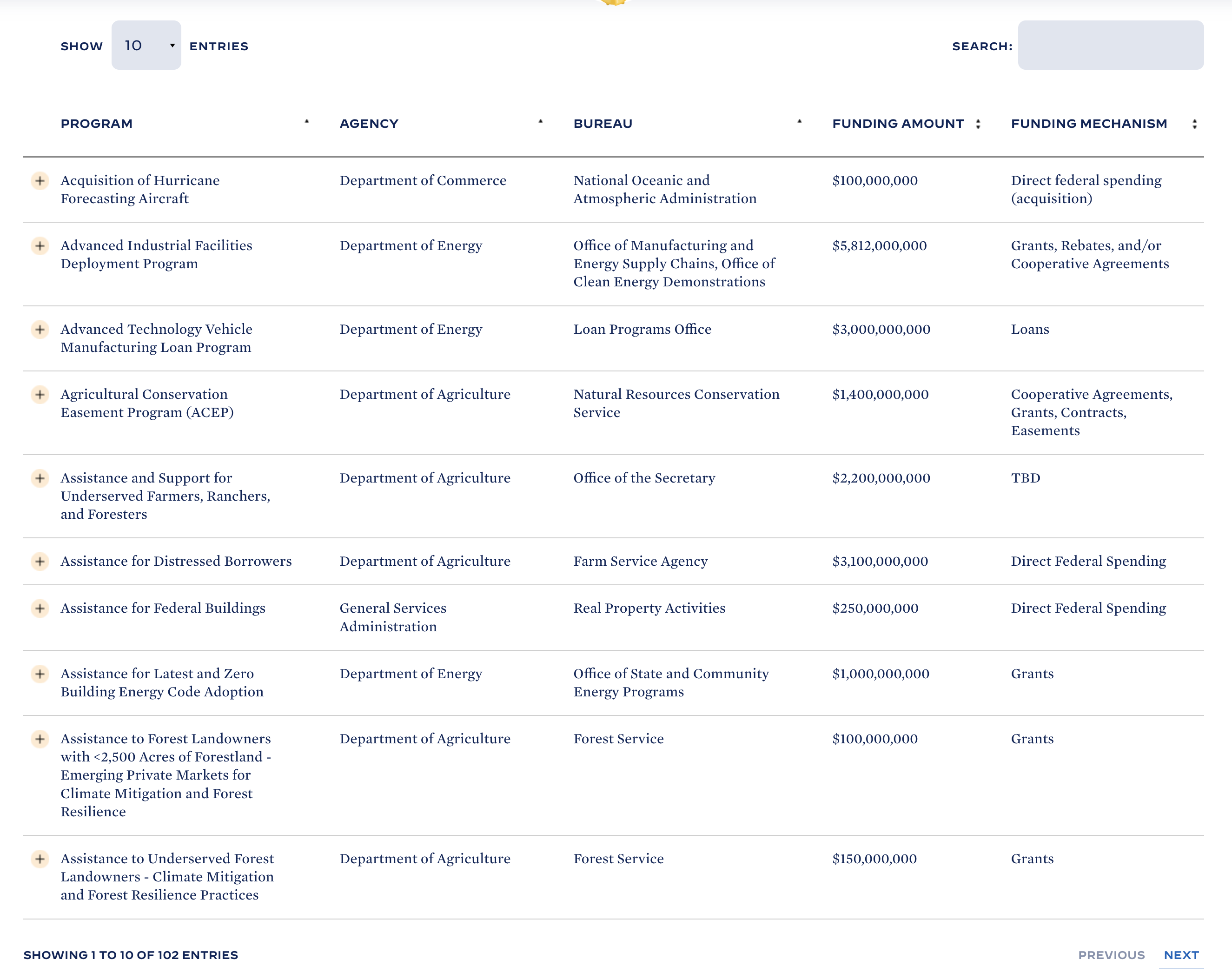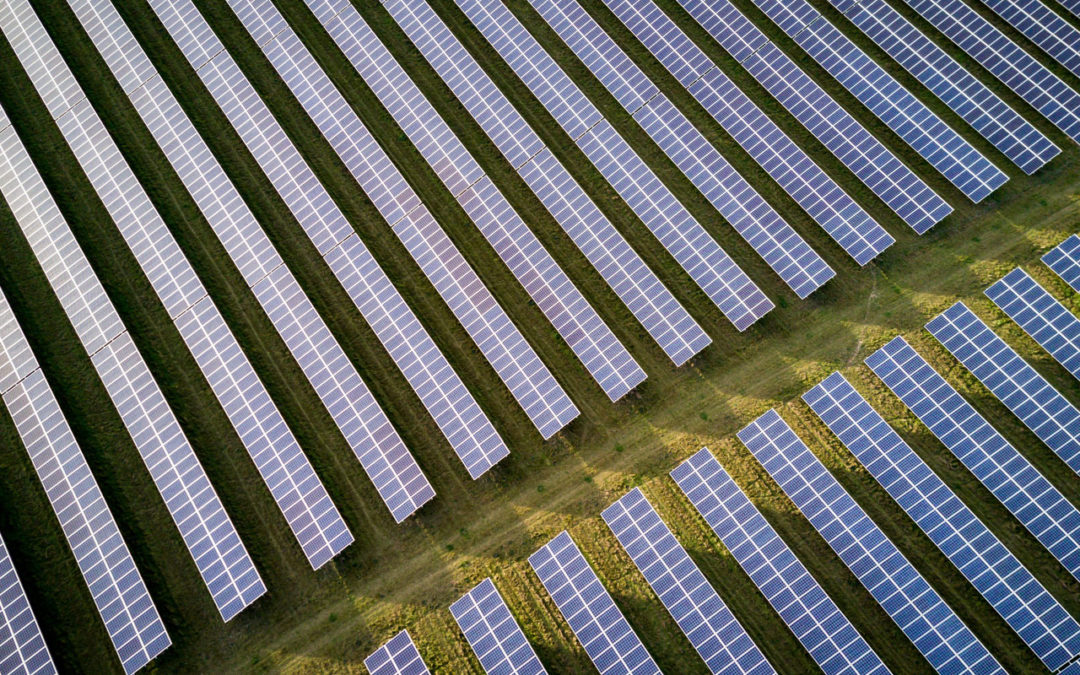
by Michael Vickerman | Mar 23, 2023 | Action Alert, Advocacy, Public Service Commission, Solar, Utility Scale
Elk Creek Solar is a 300-megawatt solar project with a 76.6 MW battery energy storage system proposed in the Township of Springbrook in Dunn County, Wisconsin. As designed, Elk Creek Solar would supply homegrown, affordable, emission-free electricity to power the equivalent of approximately 60,000 homes. If approved, Elk Creek will begin producing clean power by the end of 2025. For more information, visit the application HERE. If you would like to learn more about how Elk Creek Solar is engaging with the community, check out their website HERE. If approved, Elk Creek will begin producing clean power by the end of 2025. RENEW Wisconsin submitted testimony in support of Elk Creek Solar, which you can access HERE.
Solar projects larger than 100 megawatts must gain approval from the Public Service Commission of Wisconsin (PSCW) before they can proceed to construction. Along the way, there are opportunities for public comment at the township, county, and state levels.
Please help us demonstrate Wisconsin’s enthusiastic support for solar power in general and this project in particular by submitting a comment in support of Elk Creek Solar. Be sure to specifically reference the project and the benefits that it can bring to Wisconsin. The deadline for submitting comments is May 12, 2023.
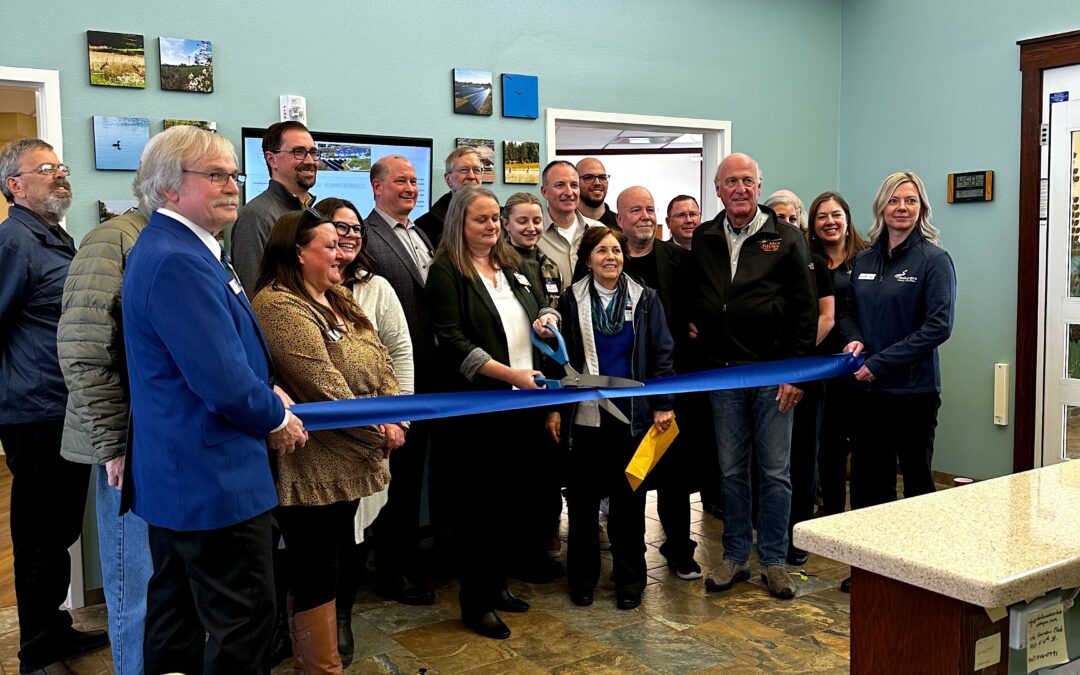
by Lauren Cohen | Mar 22, 2023 | Solar, Solar for Good
On Tuesday, March 21, Sheboygan Senior Community (SSC), Inc. held a solar dedication ceremony for their 198-kilowatt, newly constructed solar array. Sheboygan Senior Community is a faith-based, nonprofit continuum of care facility providing respite, short-term rehab, assisted living, skilled nursing, and end-of-life services.
The project, installed by Arch Electric, consists of 448 solar panels and will produce roughly 267,000 kWh of annual energy. It is projected to offset over 28% of the organization’s current consumption. Unlike many other solar projects, Sheboygan Senior Community’s array was installed as a ground mount on approximately 1.5 acres.
“What sets the Sheboygan Senior Community Project apart from any other commercial solar project in Wisconsin is the battery or energy storage system,” says Keith Conway, Energy Consultant at Arch Solar. “This system is designed to shave peak demand charges from the utility, thus reducing their monthly electric bill. The SSC is setting an example of what is possible to the rest of the state.”
This project was brought to fruition largely due to a generous commercial benefactor, who provided 95% of the funding for the senior community’s project. The organization worked with Legacy Solar Cooperative to secure this funding. By using a private investor, they were able to utilize the 26% Investment Tax Credit which was unavailable to not-for-profit organizations before the passage of the Inflation Reduction Act.
“Legacy Solar Cooperative has been very pleased to work with everyone on this wonderful project. It does indeed take a village,” says Tony Hartman, Director of Business Development at Legacy Solar Cooperative. “SSC’s leadership team especially made this project a joy, from start to finish, showing consideration for their neighbors as well as campus residents.” In addition to facilitating the financial arrangement, the cooperative provided consulting services, education, and outreach assistance.
The Sheboygan Senior Community also received a panel grant from RENEW Wisconsin’s Solar for Good program. The grant provided 150 of the 448 solar modules necessary for the project. “SSC, Wisconsin’s Office of Energy Innovation Grant Program, the Couillard Solar Foundation, Arch Solar, and key local support brought this fantastic clean energy and battery project to life, demonstrating patience through the pandemic period,” continued Hartman.
“Renewable energy is not only the right thing to do for the environment and our community, but it provides SSC with the opportunity to enjoy substantially lower utility bills for years to come,” says Stephanie Goetz, Director of Operations at Sheboygan Senior Community. “These savings will go towards expanding our campus to continue filling the needs in our community for senior living services. Our hope is that our Solar for Seniors project can be used as an example for other healthcare nonprofit organizations.”
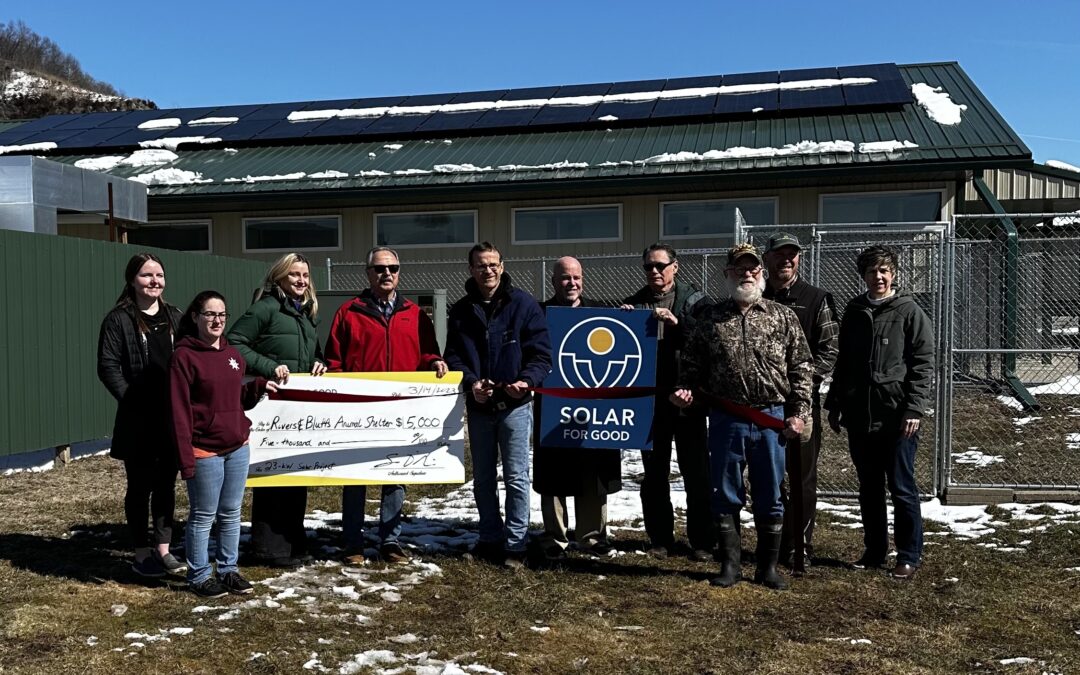
by Lauren Cohen | Mar 20, 2023 | Solar, Solar for Good
On Tuesday, March 14th, Rivers and Bluffs Animal Shelter held a ribbon cutting ceremony for their 23-kilowatt, newly constructed solar array. Rivers and Bluffs Animal Shelter is a non-for-profit organization that provides quality care for companion animals in need and educates the community about responsible pet ownership.
The project, installed by Olson Solar, consists of 54 solar panels and will produce over 24,000 kWh of annual energy. It is projected to offset approximately 97% of the animal shelter’s consumption.
This project marked Olson Solar’s first array to be installed on an animal shelter. “With an expected lifespan of 35-40 years, their system will produce more than $100,000 in energy savings,” said Michael Palen of Olson Solar Energy. “The clean renewable energy produced by their system is equivalent to saving over 46,000 gallons of gas!”
The decision to invest in the future of their shelter with solar was made possible due to a generous donation made in late 2021. This donation, coupled with the shelter’s continued increases in energy consumption, presented an opportune time to “go solar”.
“Anything we can do to reduce our operating costs is an example to all who support us that we are doing our part by investing wisely in our animal shelter,” said David Ralph, board member of Rivers and Bluffs Animal Shelter.
In addition to the donation, RENEW Wisconsin’s Solar for Good program provided Rivers and Bluffs Animal Shelter with a $5,000 grant to assist with the upfront costs of the solar array. The project also received funding assistance through Focus on Energy incentives.
“Renewable energy projects like these can be a huge help to the community,” said Sam Dunaiski, Executive Director of RENEW Wisconsin. “Rivers and Bluffs will be able to take the money saved on their utility bills and immediately redirect it into caring for animals in the community.”
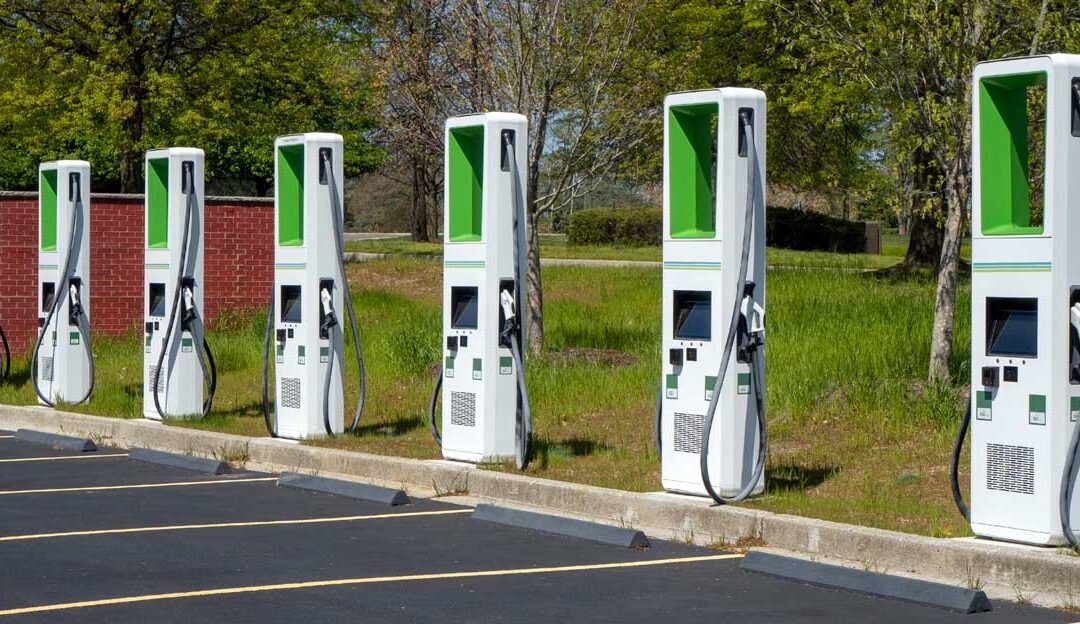
by Francisco Sayu | Mar 17, 2023 | Electric Vehicles, Electrification
Wisconsin residents and businesses spend over
$7 Billion annually importing fossil fuels for the state’s transportation sector (Wisconsin doesn’t produce petroleum). A new Federal Program that supports Electric Vehicle (EV) charging stations can help reduce fossil fuel imports and retain billions of dollars currently leaking out of the state’s economy.
The Charging and Fueling Infrastructure (CFI) program is the first round of funding from the $2.5 Billion discretionary budget for EV charging infrastructure allocated by the Bipartisan Infrastructure Law (BIL). The CFI provides $700 million to cities, counties, local governments, and tribes to build publicly accessible EV charging infrastructure in the current fiscal year.
The CFI program offers up to 80% of the cost of building community and neighborhood charging infrastructure in urban and rural communities and charging stations along designated highways.
Eligible applicants include states, municipal planning organizations (MPOs), local governments, public authorities with transportation functions, tribal governments, authorities owned by one or more entities of government, and states or local entities with ownership of publicly accessible transportation facilities. Private entities can participate in projects if contracted with a public entity.
Eligible entities can apply here. Applications are due by May 30, 2023.
Qualified applicants may contact Francisco Sayu, Emerging Technologies Director RENEW Wisconsin at francisco@renewwisconsin.org, for more information.
In addition, the Electrification Coalition provides a “suite of resources” to help communities apply for funding. And, The Joint Office of Energy and Transportation offers technical assistance to states, communities, and tribes implementing projects under the CFI Program.
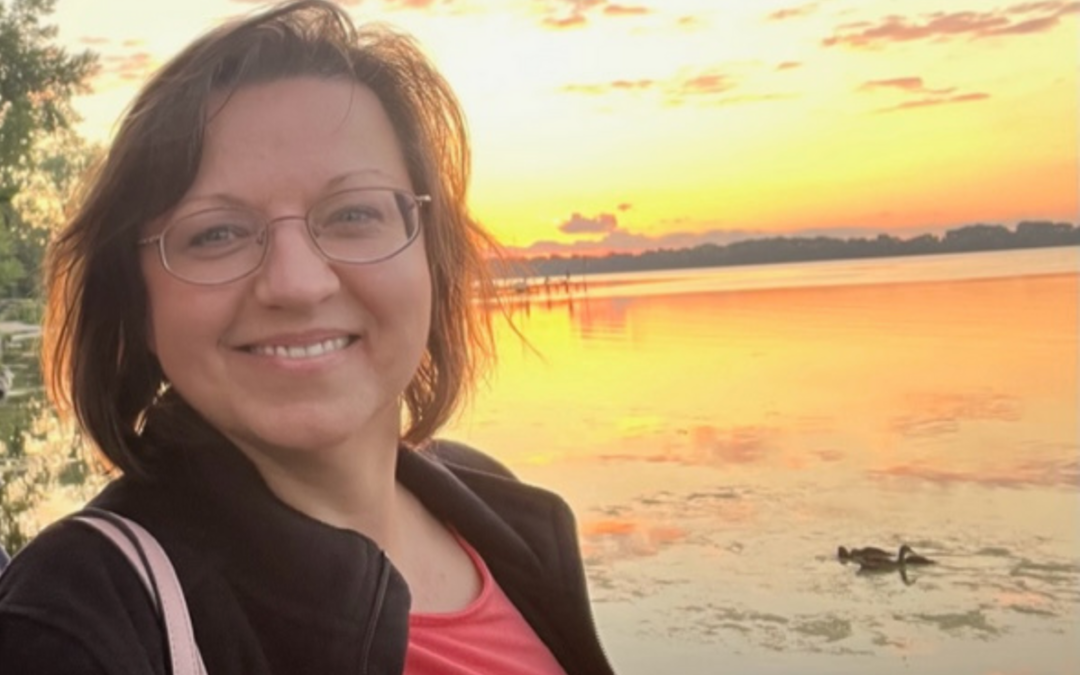
by Julia Holzschuh | Feb 23, 2023 | Press Release, RENEW Wisconsin
RENEW Wisconsin has appointed Beata Wierzba as Government Affairs Director following the retirement of Jim Boullion. Wierzba has been involved in government affairs for over 20 years, with previous positions at Nsight, the National Rural Electric Cooperative Association, the Wisconsin Electric Cooperative Association, and the Wisconsin State Legislature.
“I am excited to be working on state legislation again and look forward to being part of an organization dedicated to advancing renewable energy,” Wierzba said. “I wish all the best to Jim Boullion on his retirement.”
RENEW’s previous Government Affairs Director, Jim Boullion, retired on February 17, 2023, after helping Wierzba transition into the role at RENEW. “I am so excited to have Beata take my place at RENEW Wisconsin and lead our efforts to advance renewable energy,” he said. “Beata and I have worked together for over 20 years, and I have always been impressed by her. Her experience in government affairs with Wisconsin’s Electric Cooperative Association will give her a great foundation on the issues, and her relationships with the key players in the energy sector will allow her to hit the ground running.”
“We are very excited for Beata to join RENEW,” said Executive Director Sam Dunaiski. “Beata brings years of experience in the energy industry and a work ethic that matches our efforts as an organization. RENEW is thrilled to add Beata to our talented team.”

by Michael Vickerman | Feb 22, 2023 | Action Alert, Advocacy, Public Service Commission, Solar, Utility Scale
High Noon Solar Energy Center is a 300 megawatt solar project with a 165 MW battery energy storage system proposed in southwest Columbia County, near Portage. As designed, High Noon would supply homegrown, affordable, emission-free electricity to power the equivalent of approximately 58,000 homes. If approved, High Noon would begin producing clean power by the end of 2025. For more information, visit the application here and RENEW Wisconsin’s testimony here.
An exemplary testimony to the benefits this project offers Columbia County comes from PSC comments submitted by Larry Nelson, a 4th generation farmer in Lodi, Wisconsin.
I support High Noon Solar. I am a participating landowner and 4th generation farmer on a century family farm. We grow corn and soybeans on our farm. 100% of our Corn goes to ethanol. With the auto manufacturers transitioning to electric vehicles, I am very concerned as to what this will do to our ethanol market and increased demand for electricity. Since our family started farming in the 1800s, there has been a lot of changes to agriculture and ways to be profitable. Our family has adapted over the years to remain in agriculture and stay profitable. This is not an easy task as many family farms have disappeared over the years. The High Noon Solar project is an opportunity for us to diversify our farm income. In my opinion this is just another way to farm the sun, just as we have done to grow crops over the years. Our farmland in this project does not disappear. This is a temporary use of our land. It will be seeded down and have solar arrays on it. By seeding it down the land will be protected from erosion and runoff. Our land naturally drains and we have NO DRAIN TILE. We use commercial fertilizers on our farm along with chemicals as needed. We do not have any livestock so no manure is spread on our land. The environmental assessment has been done. There are no significant impact. This project will bring beneficial jobs into our community and will have a positive economic impact. This will also bring in 1.2 million in annual tax payments to Columbia County and participating townships. There are many financial benefits from this project in all aspects but the most important one is this is good for our environment and we are doing our part to fight climate change for future generations. Thank you for your consideration.
Larry Nelson
Lodi, Wisconsin
Proposed power plants larger than 100 megawatts must gain approval from the Public Service Commission of Wisconsin (PSCW) before they can proceed to construction. Along the way, there are opportunities for public comment at the township, county, and state levels. Please help us demonstrate Wisconsin’s enthusiastic support for solar power in general and this project in particular by submitting a comment in support of the High Noon Solar Energy Center. Be sure to specifically reference the project and the benefits that it can bring to Wisconsin. The deadline for submitting comments is March 1, 2023.
[Note: Your comments need not be as lengthy as the sample below, which was drafted to present various supporting perspectives on health, environmental sustainability, and rural economic development. We encourage you to articulate the points that matter most to you. But it’s OK to frame your comments at a very high level if that’s what you’re comfortable with.]
SAMPLE COMMENT
I write in support of the High Solar Energy Center, presently under review at Docket No. 9814-CE-100. This project, like other combined solar and battery storage projects approved by the PSCW in recent years, would protect human health and the natural environment while strengthening the state’s economy.
Consistent with Wisconsin’s Energy Priorities Law, High Noon will provide these benefits by converting locally available, noncombustible renewable energy resource—sunshine—to electricity, and feeding zero-emission into existing power lines and the battery energy storage system onsite. As configured, High Noon will displace fossil fueled generation at all times, which will measurably reduce the volume of airborne pollutants and greenhouse gases discharged from Wisconsin sources.
In-state solar projects can be counted on to energize the local economy through increased revenues to local governments while diversifying our resource mix and bringing Wisconsin a step closer to energy self-sufficiency. The economic benefits come in two forms. Initially, High Noon will create between 600 and 700 jobs in Wisconsin during the project’s construction phase. Second, once it has been placed in service, High Noon will provide rental income to participating landowners as well as payments in lieu of taxes to local jurisdictions hosting the project. Projects like these can also provide an economic hedge to farmers and rural landowners whose products are subject to commodity market forces and weather conditions that are beyond their control and can often be unforgiving.
In addition to the health and environmental benefits referenced above, High Noon will also deliver benefits to the land within in the project’s footprint. The developer proposes to revegetate the land with a mix of deep-rooted plants under and around the installation. Managing the land in this fashion will improve soil health, reduce erosion, and increase biodiversity. Finally, High Noon will have no measurable impact on local agricultural output, as crop yields per acre in Columbia County have steadily increased since 1960.
I respectfully encourage the PSCW to rule that High Noon Solar Energy Center is in the public interest and issue a permit enabling the project to proceed to construction. Thank you for your consideration of my views.
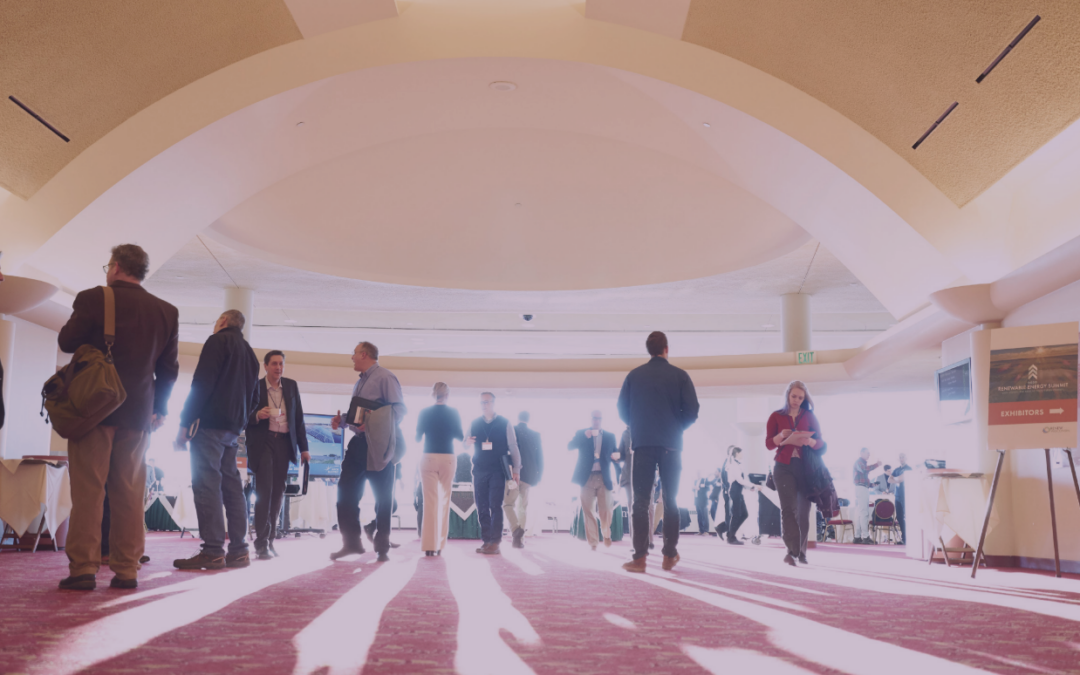
by Sam Dunaiski | Feb 1, 2023 | Community, Events, Local Initiatives, RENEW Wisconsin
On Thursday, January 26th, RENEW held our 12th annual Renewable Energy Summit. Attendees from across Wisconsin, the Midwest, and even around the globe gathered to learn more about the clean energy transition taking place in our state. With over 600 attendees and dozens of exhibitors, this year’s Summit was our most successful to date!
Our amazing cast of panelists, presenters, and guest speakers highlighted how new federal legislation will help drive clean energy deployment in Wisconsin. As renewable energy sources continue to grow in our state, the tools available from the Inflation Reduction Act, the Infrastructure Investment and Jobs Act, and other bills will increase the speed at which we phase out fossil fuels.
Each year our Summit continues to grow in size and scope. The energy and excitement at this year’s event were absolutely palpable. Thank you to the sponsors, volunteers, staff, attendees, and everyone else that helped make this an amazing Summit!
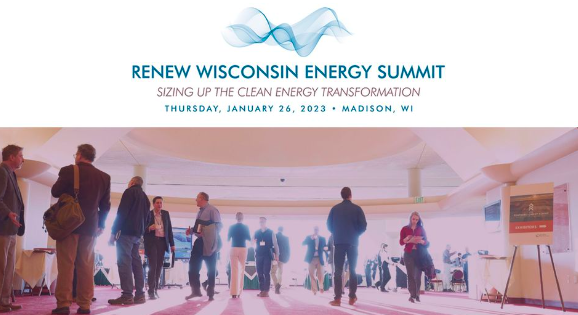
by RENEW Wisconsin | Jan 23, 2023 | Events, RENEW Wisconsin
During its twelfth annual Renewable Energy Summit, RENEW Wisconsin, with presenting sponsors greenpenny and Invenergy, will honor individuals and businesses who have made significant and lasting advances in clean energy development in Wisconsin. The Summit will take place Thursday, January 26, 2023, at Monona Terrace in Madison.
RENEW’s 2023 Summit, titled “Sizing Up the Clean Energy Transformation,” will take a close look at the forces unleashed by the Inflation Reduction Act, the most important climate action ever undertaken by the federal government, and assess the impact of this landmark law on Wisconsin’s energy landscape. Featured speakers include Michelle Moore, CEO of Groundswell; Jennifer Bumgarner, Principal Deputy Assistant Secretary for the U.S. Department of Energy Office of Congressional and Intergovernmental Affairs; and Wisconsin Public Service Chairperson Rebecca Cameron Valcq.
The awards are grouped under four categories:
Clean Energy Policymaker:
State Senator Robert Cowles
Clean Energy Pioneer:
City of Madison
Clean Energy Warriors:
Will Kenworthy, Vote Solar
Tim Lindl, Keyes and Fox
Denny Wroblewski, Northwind Solar
Josh Stolzenburg, Northwind Soar
Jim Pullen, Eagle Point Solar
Erick Shambarger, City of Milwaukee
Amy Heart, Sunrun
David Bender, EarthJustice
Nick Hylla, Midwest Renewable Energy Association
Clean Energy Honor Roll:
EnTech Solutions, Middleton
Solar-powered renewable natural gas (RNG) production facility
UW-Platteville, Platteville
Solar-powered school campus
Bad River Tribe (Ishkinoge Nawadide), Odanah
Solar-powered microgrid – resiliency for the reservation
Dominion Properties/Arch Solar, Shorewood
Vertical solar installation serving an office building
Dynamic Renewables/BC Organics, Greenleaf
Large-scale RNG production facility
Friends Meeting House, Madison
All-electric building tapping into onsite energy
Alliant Energy – Wood County Solar Farm, Nekoosa
Utility-scale solar generation
Clean Energy Policymaker: Senator Robert Cowles
Representing the 2nd Senate district in the Green Bay and Fox Valley area since 1987, Sen. Robert Cowles has been a dedicated and productive champion of clean energy policy throughout his Senate career. Over the years, Sen. Cowles has sought to advance energy efficiency and renewable energy through legislation that balances economic and environmental interests. Among Sen. Cowles’ accomplishments are several comprehensive bills that (1) established Wisconsin’s energy resource priorities (1994), (2) expanded the state’s utility local aids law to promote in-state renewable power (2003), and (3) safeguarded the statewide Focus on Energy program from harmful budget raids (2006). Ongoing clean energy initiatives championed by Sen. Cowles include those to allow convenience store operators to sell electricity for electric vehicle charging purposes and to clarify the legality of third-party-owned renewable energy systems built on a customer’s property to serve that customer.
Clean Energy Pioneer: City of Madison
In March 2017, Madison adopted an ambitious climate goal: to achieve 100% renewable energy and net zero carbon emissions for city operations by 2030 and communitywide by 2050. The award salutes the City for its conscientious and systematic approach to advancing local clean energy and ensuring that its investments and programs benefit the entire community. By the end of 2022, the City’s accomplishments encompassed the following:
- Installing more than 1,800 kilowatts (kW) of solar generation on its own facilities, including approximately 500 kW in 2022. Unlike other local governments, the City designs and installs most of its solar installations. This initiative also provides a platform for a solar training program aimed at underemployed and unemployed residents to better prepare them for future job opportunities in the solar marketplace.
- Partnering with Madison Gas & Electric to purchase the output from the Hermsdorf solar farm in southeast Madison. The 8 MW array went live in April 2022 and now offsets 22% of the City’s electricity usage.
- Leveraging the installation of more than 300 solar PV systems on homes and multifamily buildings through its MadiSUN program, including 64 in 2022.
- Acquiring, by the end of 2022, 85 electric vehicles, more than 150 hybrid-electric vehicles, and the first all-electric fire truck operating in the United States. The City is also testing three all-electric buses.
Clean Energy Pioneer – Warriors
The recognition ceremony will also honor businesses and individuals who, at various times, led the campaign to enable Wisconsin electricity customers to access third-party-financed renewable energy systems installed on their property. This has been a long-standing policy priority for RENEW, stretching back to 2012. After years of being stalemated at the Public Service Commission, Wisconsin’s solar industry finally received some good news. In December 2022, the Commission affirmed the legality of a private contract between a utility customer and a solar energy provider. This will allow, on a limited basis, electricity customers to access solar energy onsite through leases or service agreements, so long as the contract meets certain criteria.
The ceremony will conclude with the 2022 Clean Energy Honor Roll, in which RENEW will recognize seven clean energy projects in Wisconsin that recently commenced operation. Whether on the basis of their productivity, innovativeness, attention to detail, scale, resourcefulness, or efficacy in reducing carbon emissions, these seven projects showcase the skills and know-how Wisconsin stakeholders bring to the clean energy marketplace in the Badger State.
This annual event features an exposition hall, breakout sessions, and industry professionals discussing current and future opportunities for advancing clean energy in Wisconsin.
Click here for more information on the 2023 Summit program agenda, speakers, and registration. For press passes, please email Jodi Jean Amble (jodi@renewwisconsin.org).
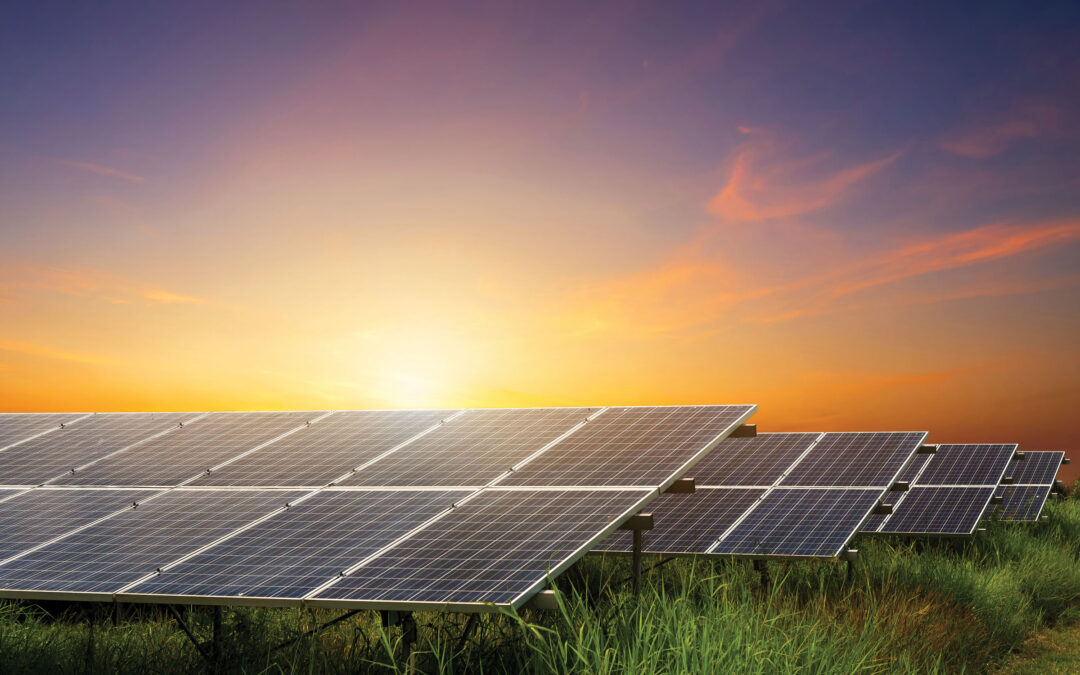
by Michael Vickerman | Jan 5, 2023 | Action Alert, Advocacy, Public Service Commission, Solar, Utility Scale
Northern Prairie is a 101-megawatt solar project proposed for development in the Town of Cylon in St. Croix County. As designed, Northern Prairie Solar would supply homegrown, affordable, emission-free electricity to power the equivalent of approximately 25,000 homes. If approved, Northern Prairie will begin producing clean power by the end of 2024. For more information, visit the application summary here and RENEW Wisconsin’s testimony here.
Solar projects larger than 100 megawatts must gain approval from the Public Service Commission of Wisconsin (PSCW) before they can proceed to construction. Along the way, there are opportunities for public comment at the township, county, and state levels. Please help us demonstrate Wisconsin’s enthusiastic support for solar power in general and this project in particular by submitting a comment in support of Northern Prairie Solar. Be sure to specifically reference the project and the benefits that it can bring to Wisconsin. The deadline for submitting comments is January 20, 2023.
[Note: Your comments need not be as lengthy as the sample below, which was drafted to present a variety of supporting perspectives relating to health, environmental sustainability, and rural economic development. We encourage you to articulate the points that matter most to you. But it’s OK to frame your comments at a very high level if that’s what you’re comfortable with.]
SAMPLE COMMENT
I write in support of the Northern Prairie Solar project, presently under review at Docket No. 9815-CE-100. Like other solar projects approved by the PSCW this decade, this project would protect human health and the natural environment while strengthening the state’s economy.
Consistent with Wisconsin’s Energy Priorities Law, Northern Prairie Solar will provide these benefits by converting a locally available, noncombustible renewable energy resource—sunshine—to electricity, feeding zero-emission energy into existing power lines. As configured, Northern Prairie’s output will displace fossil-fueled generation, which will measurably reduce the volume of airborne pollutants and greenhouse gases discharged from Wisconsin and Minnesota sources.
In-state solar projects can be counted on to energize the local economy through increased revenues to local governments while diversifying our resource mix and bringing Wisconsin a step closer to energy self-sufficiency. The economic benefits come in two forms. Initially, Northern Prairie Solar will create more than 150 jobs in Wisconsin during the project’s construction phase. Second, once placed in service, Northern Prairie will provide rental income to participating landowners and payments in lieu of taxes to local jurisdictions hosting the project. Projects like these can also provide an economic hedge to farmers and rural landowners whose products are subject to commodity market forces and weather conditions beyond their control and can often be unforgiving.
In addition to the health and environmental benefits referenced above, Northern Prairie Solar will also deliver benefits to the land within its footprint. The developer proposes to revegetate the land with a mix of deep-rooted plants under and around the installation. Managing the land in this fashion will improve soil health, reduce erosion, and increase biodiversity.
I respectfully encourage the PSCW to find that the construction of the Northern Prairie Solar project is in the public interest and issue a permit enabling the project to proceed with construction.
Thank you for your consideration of my views.







